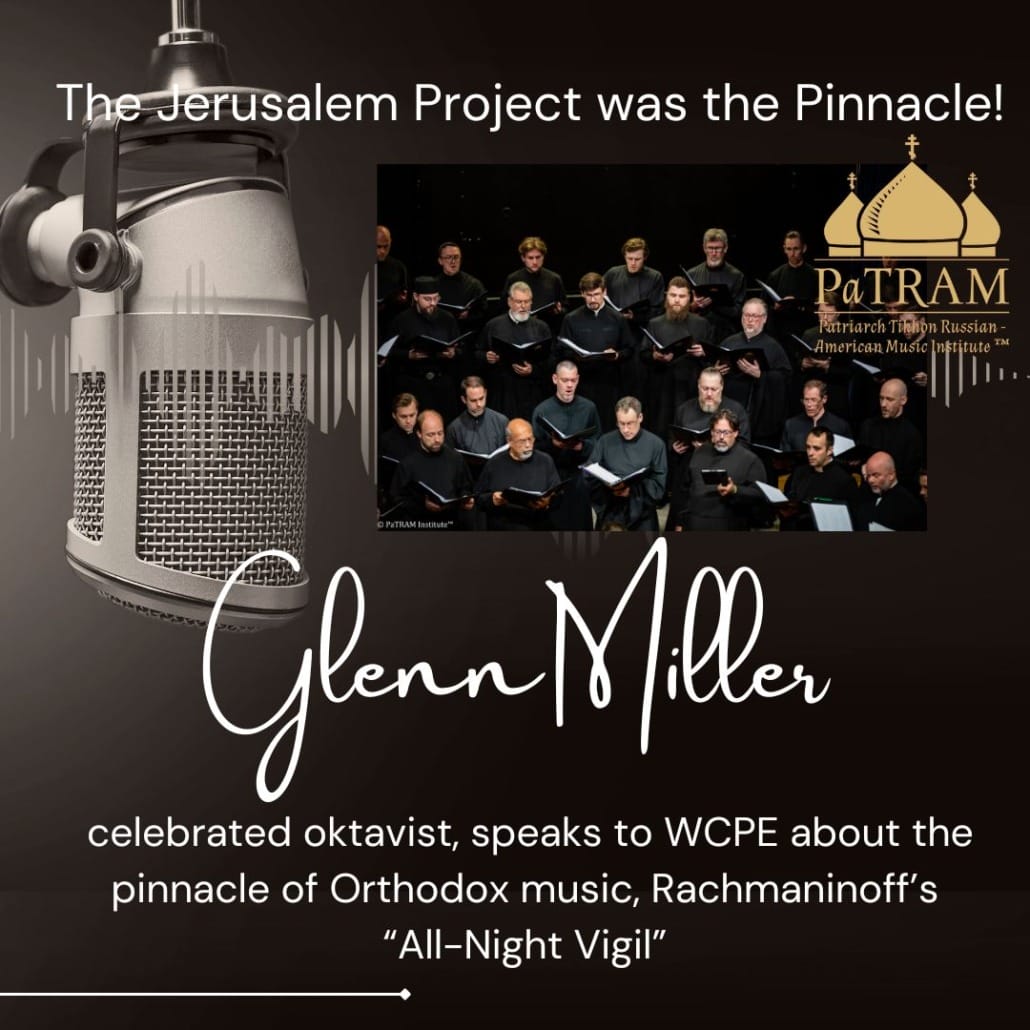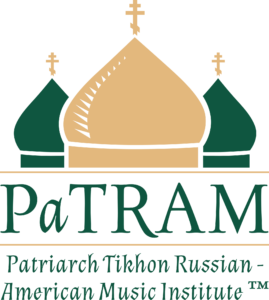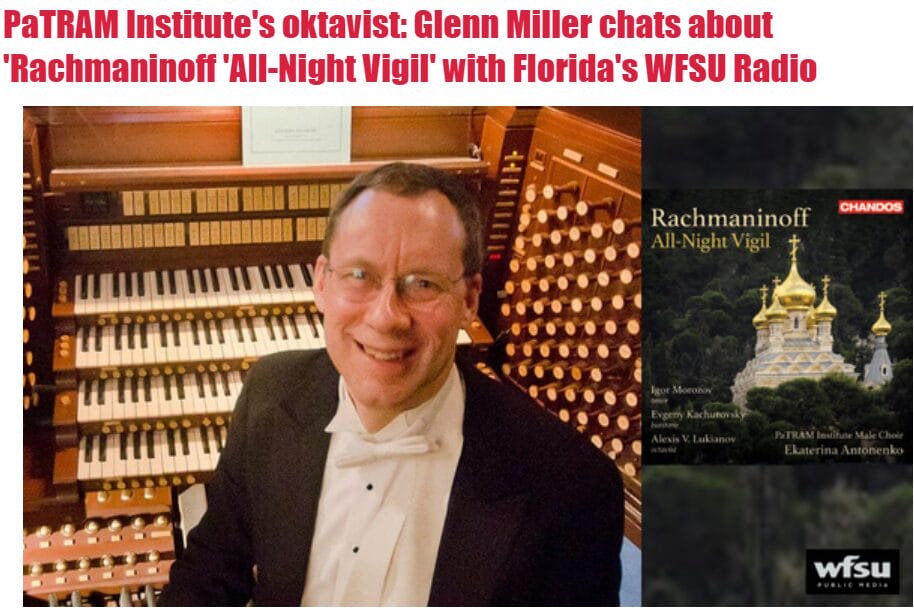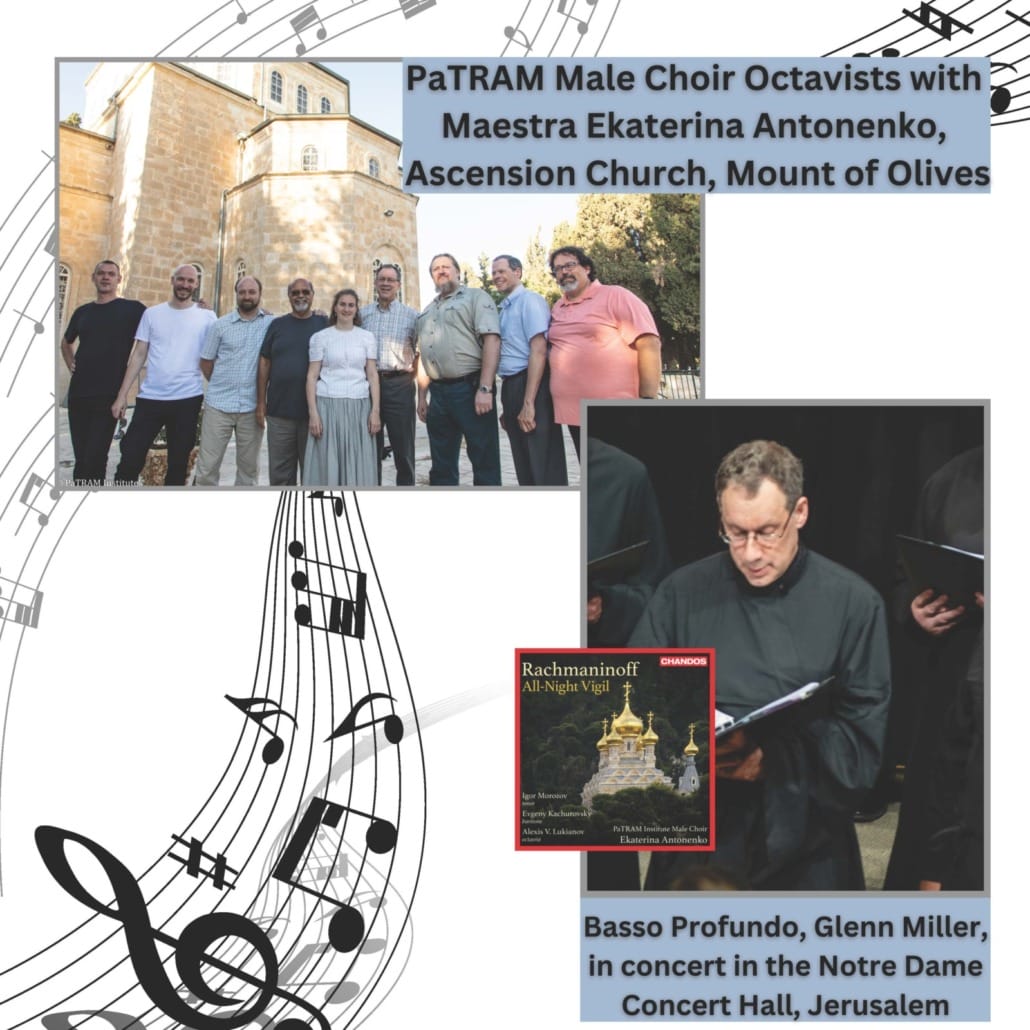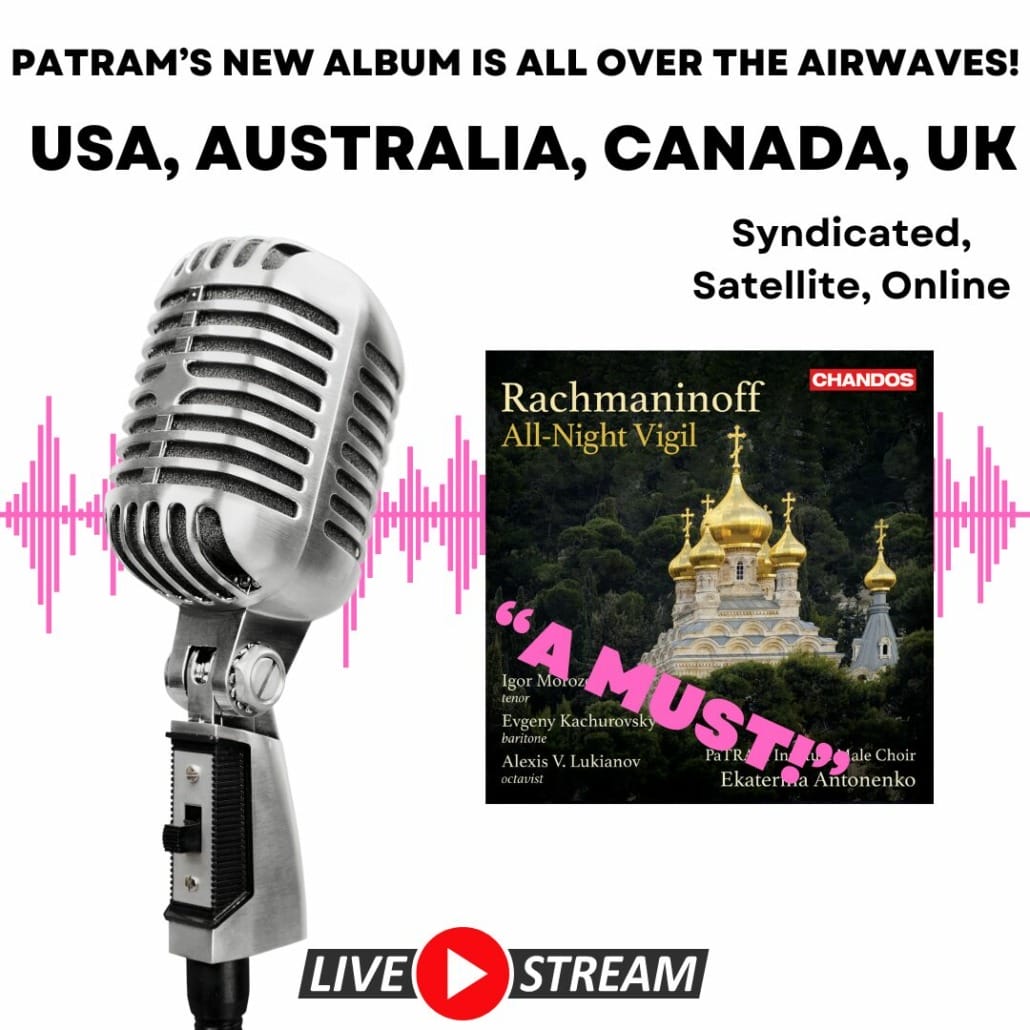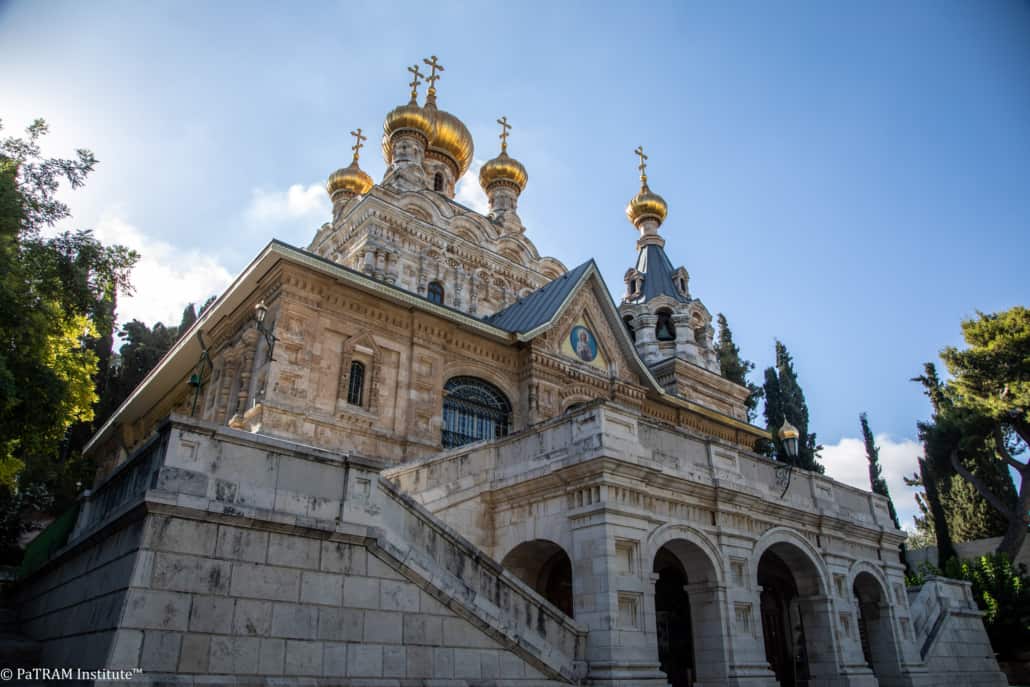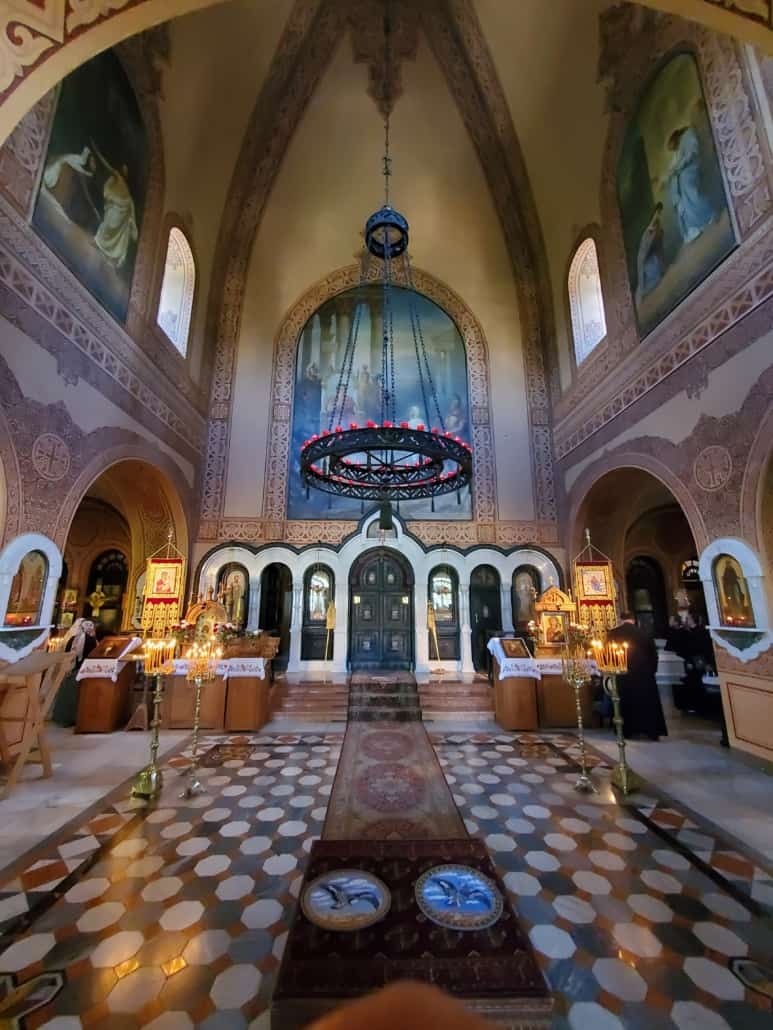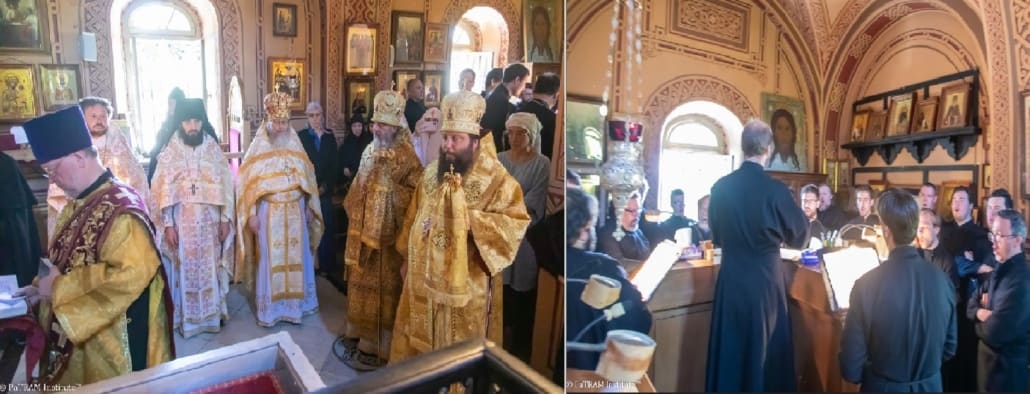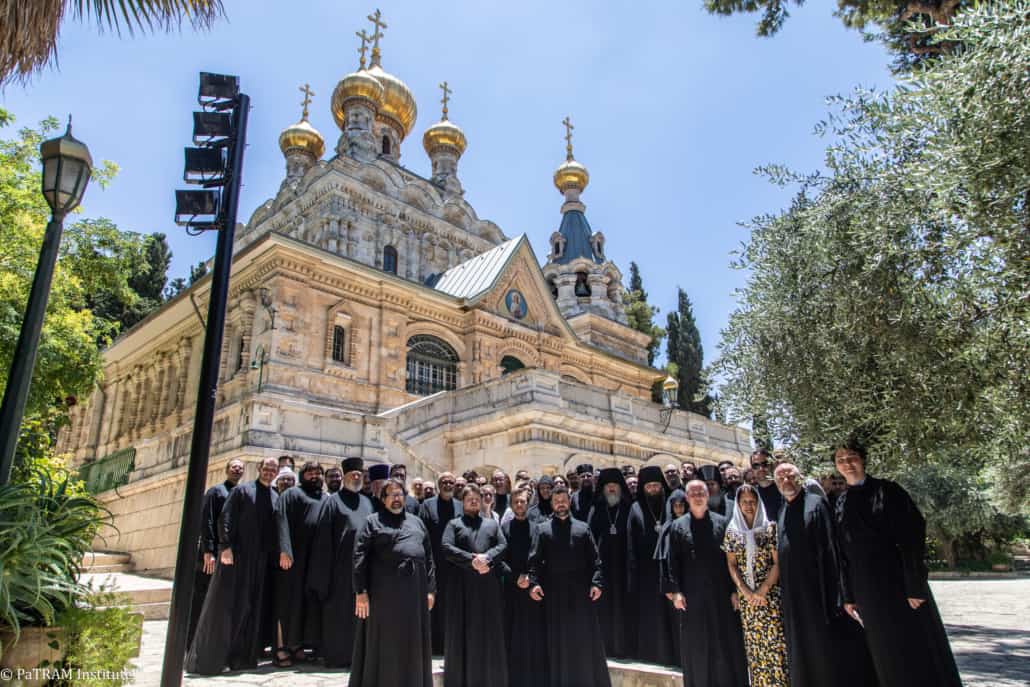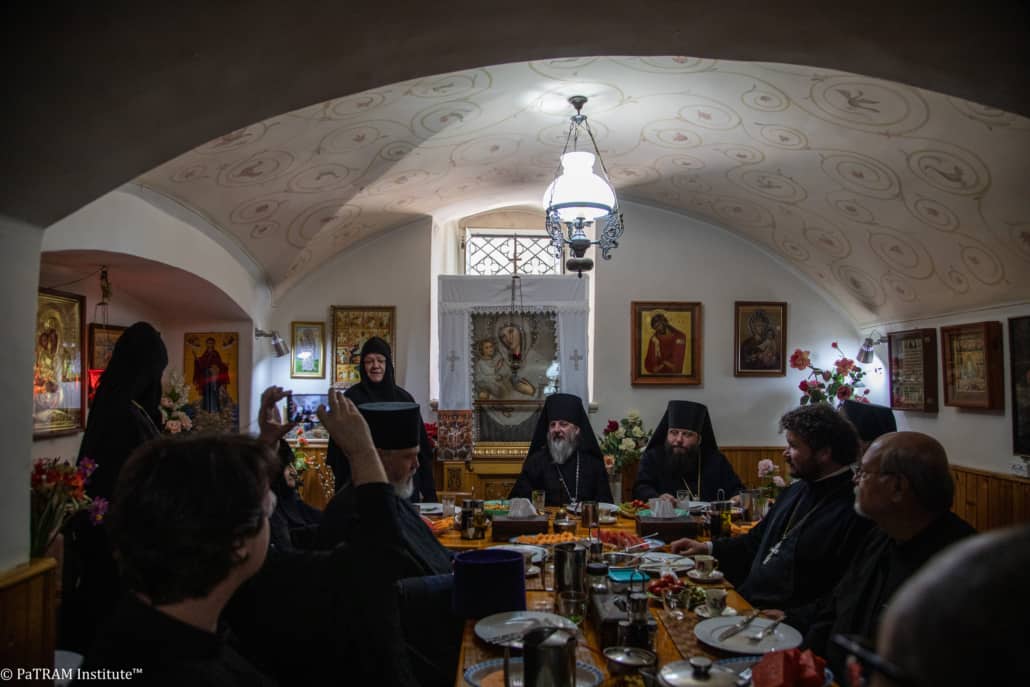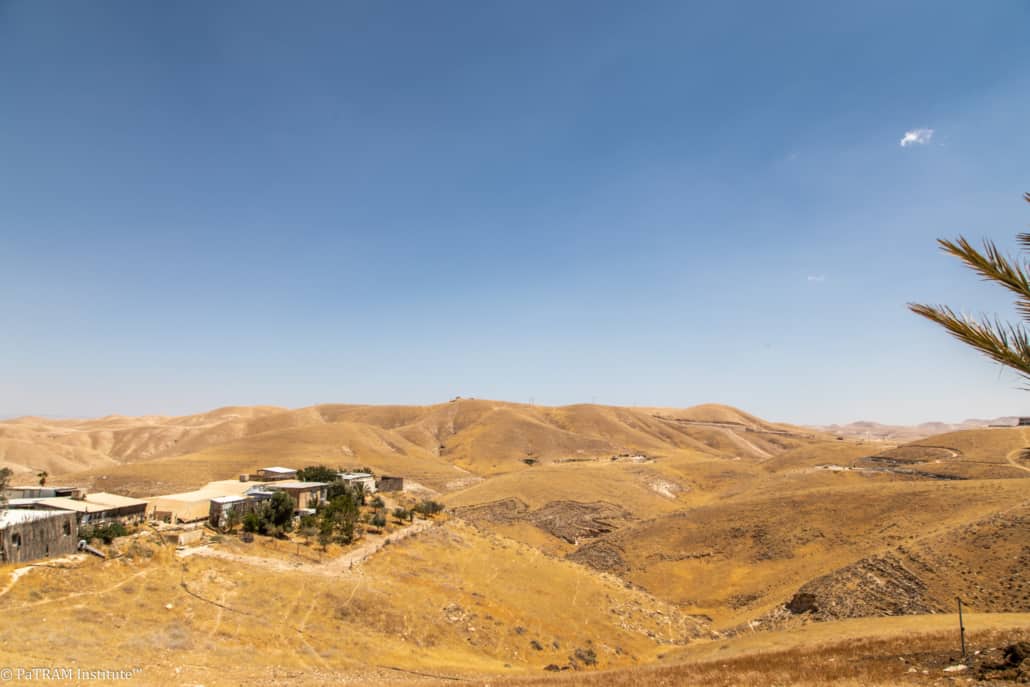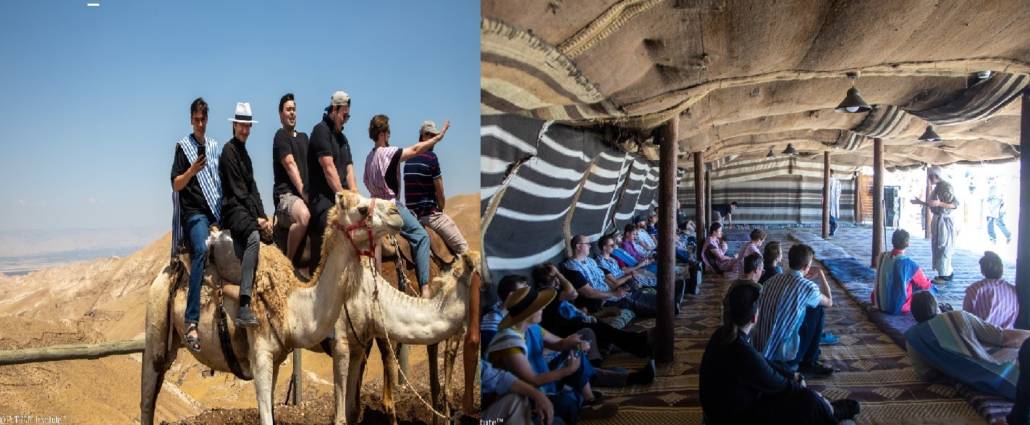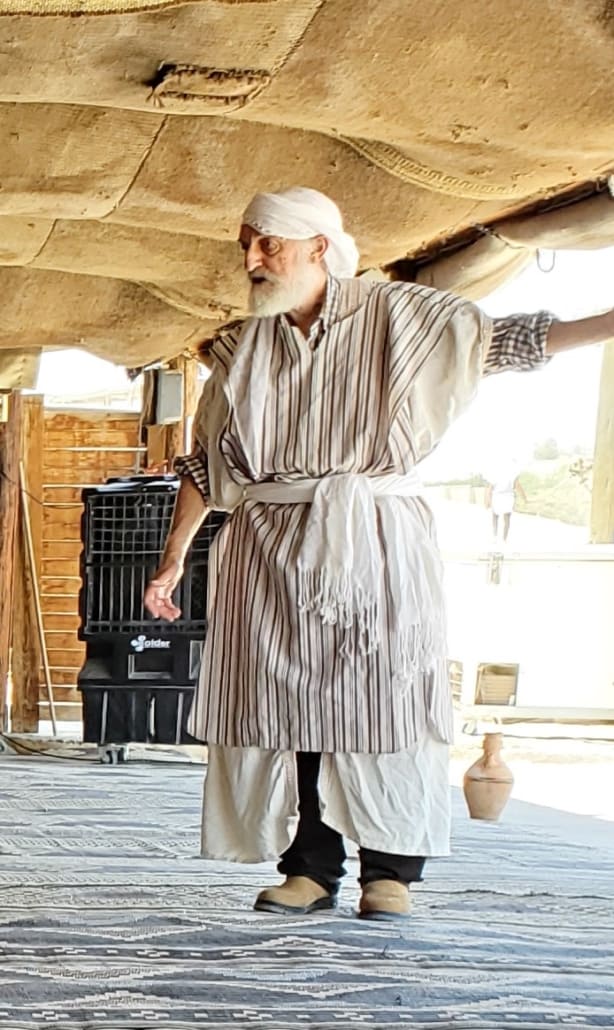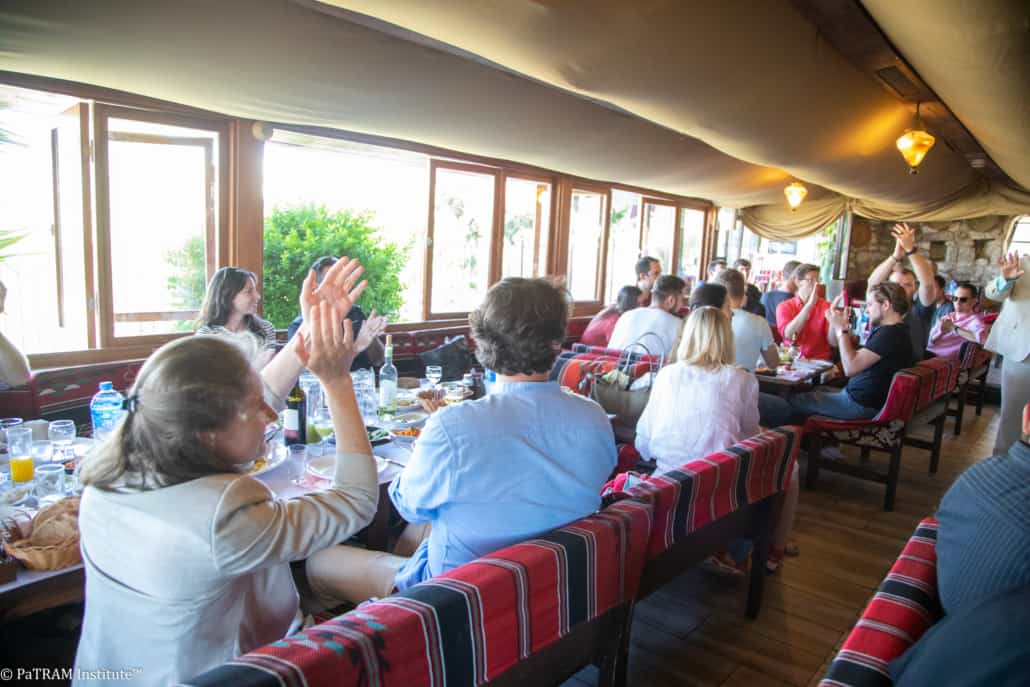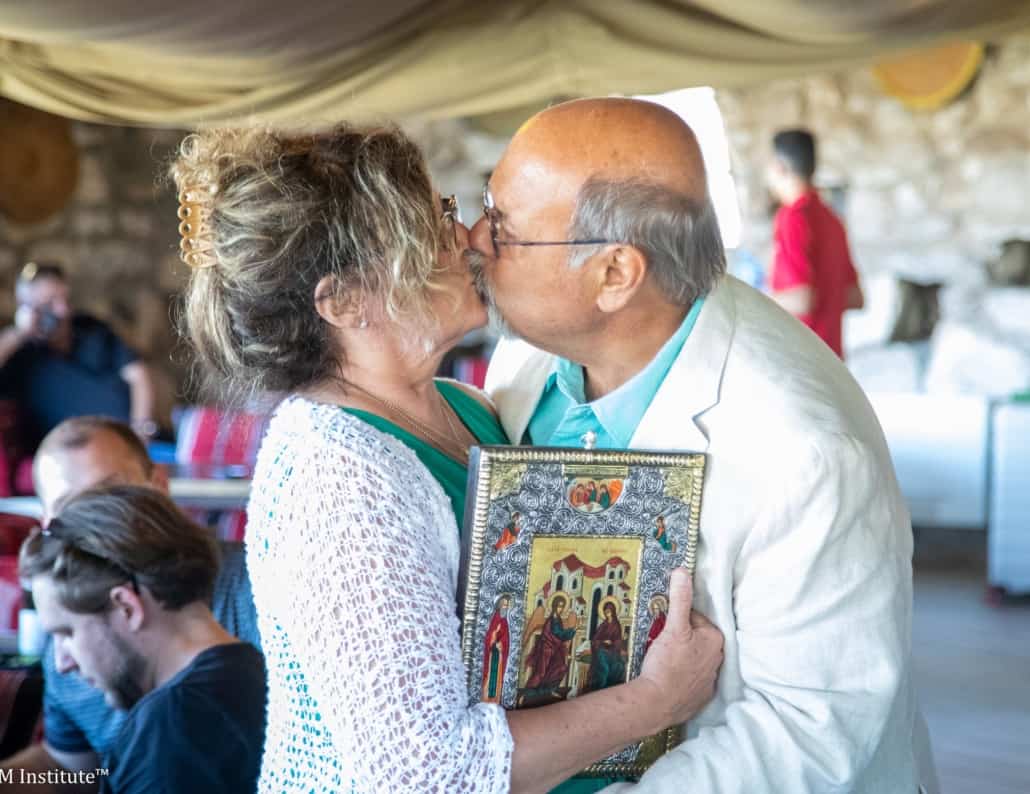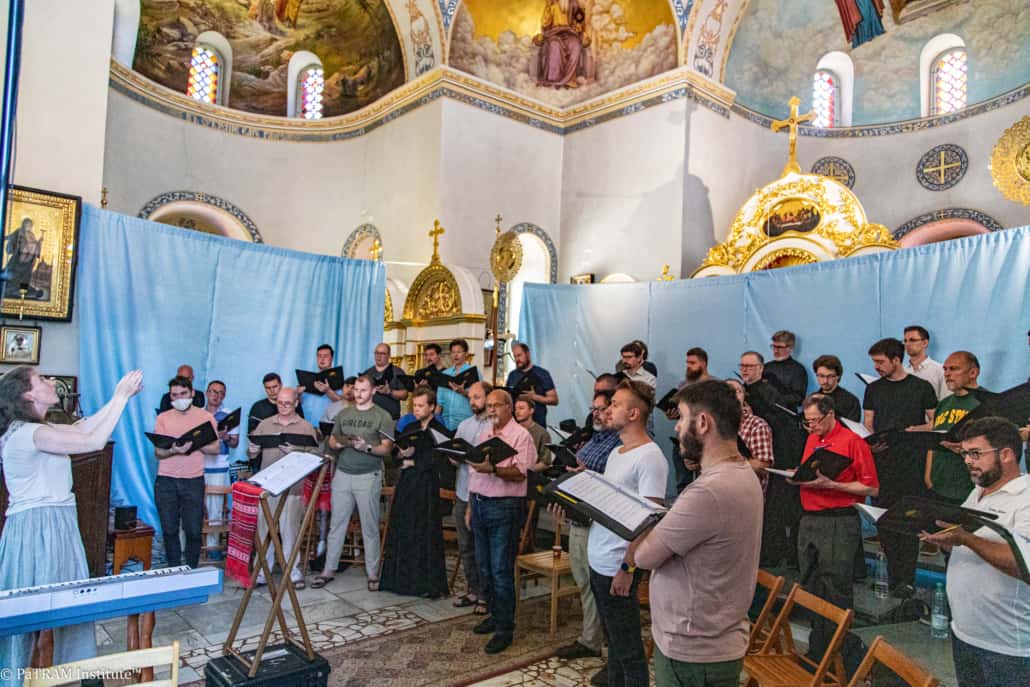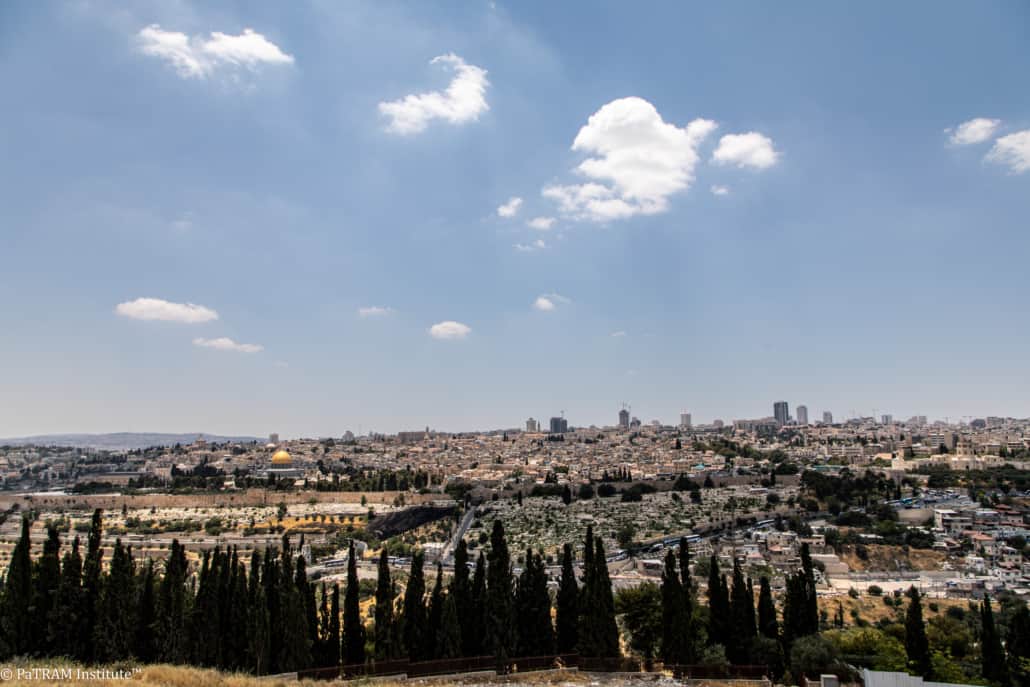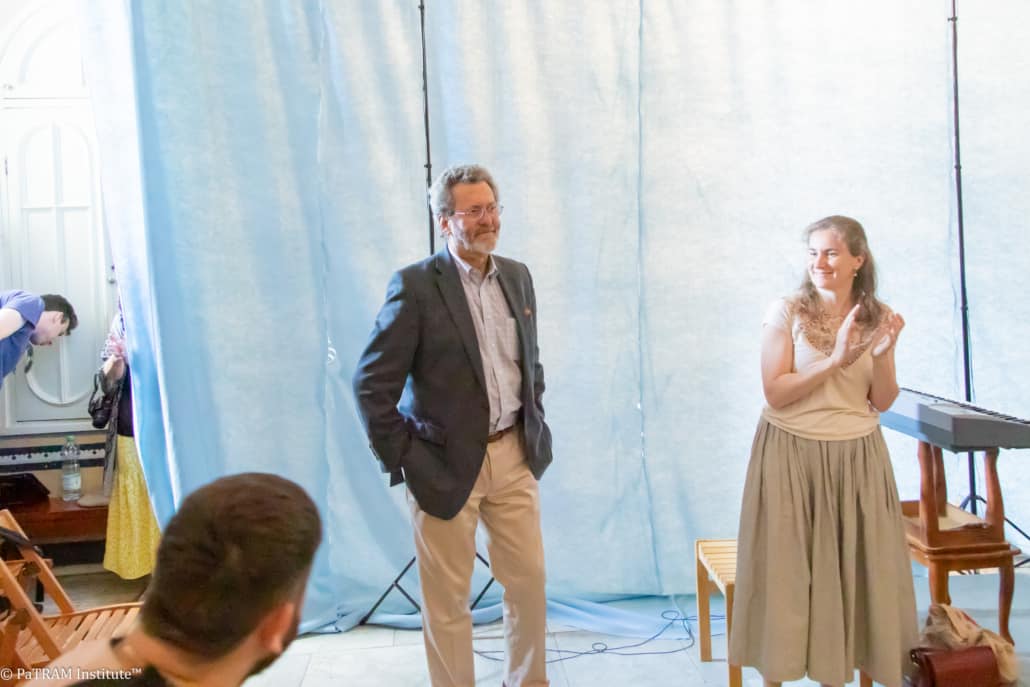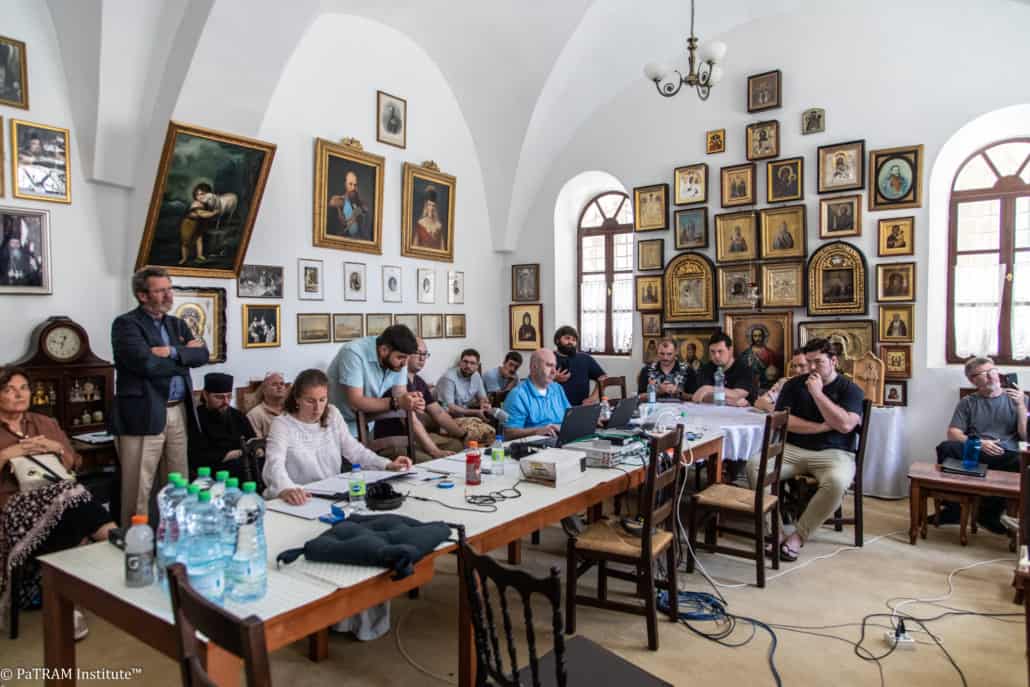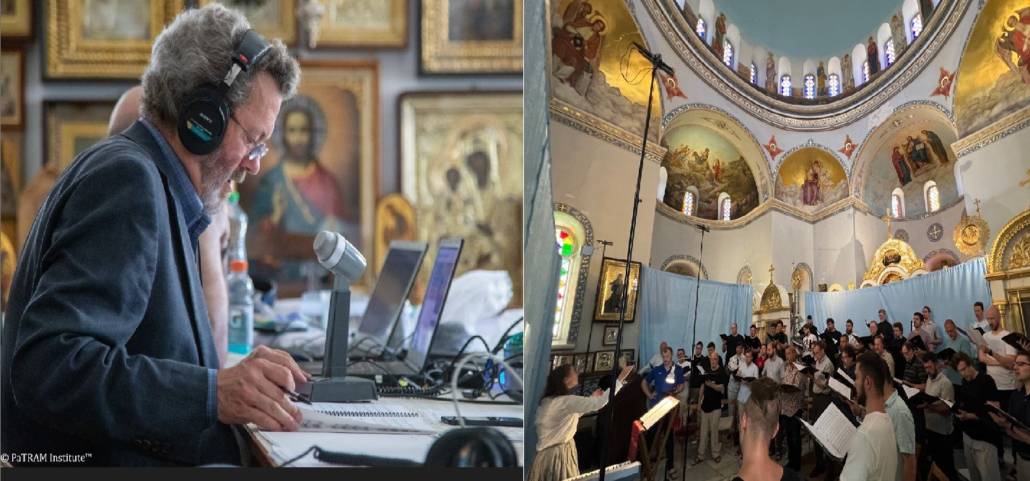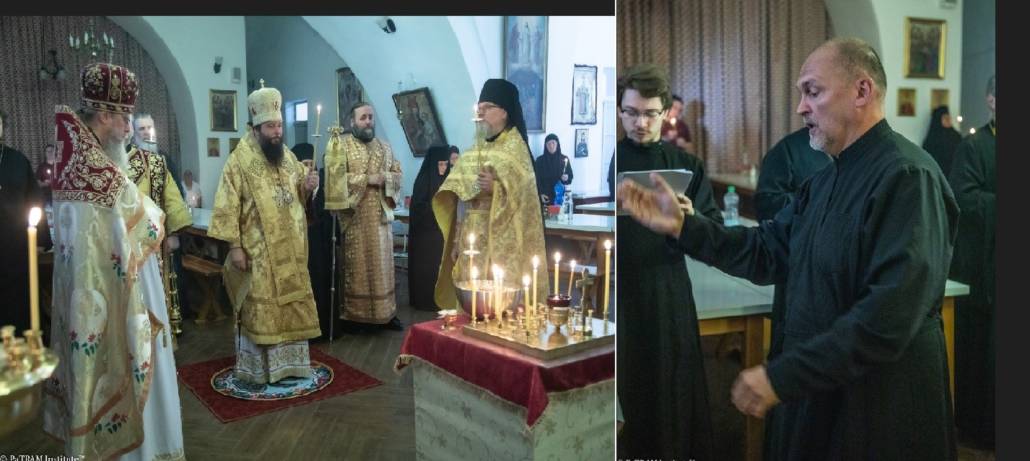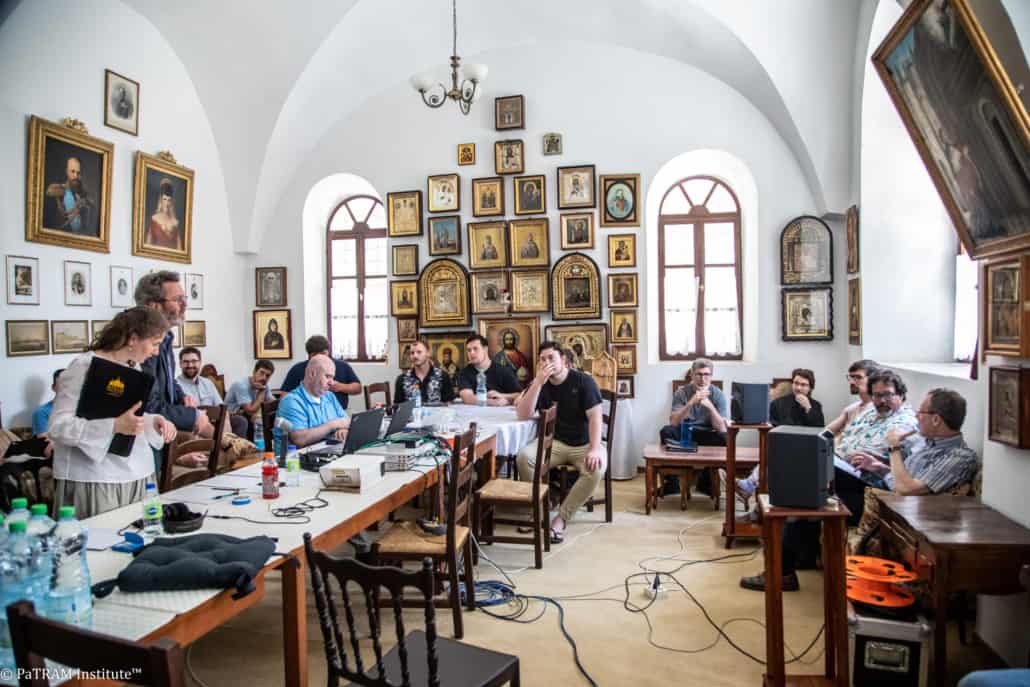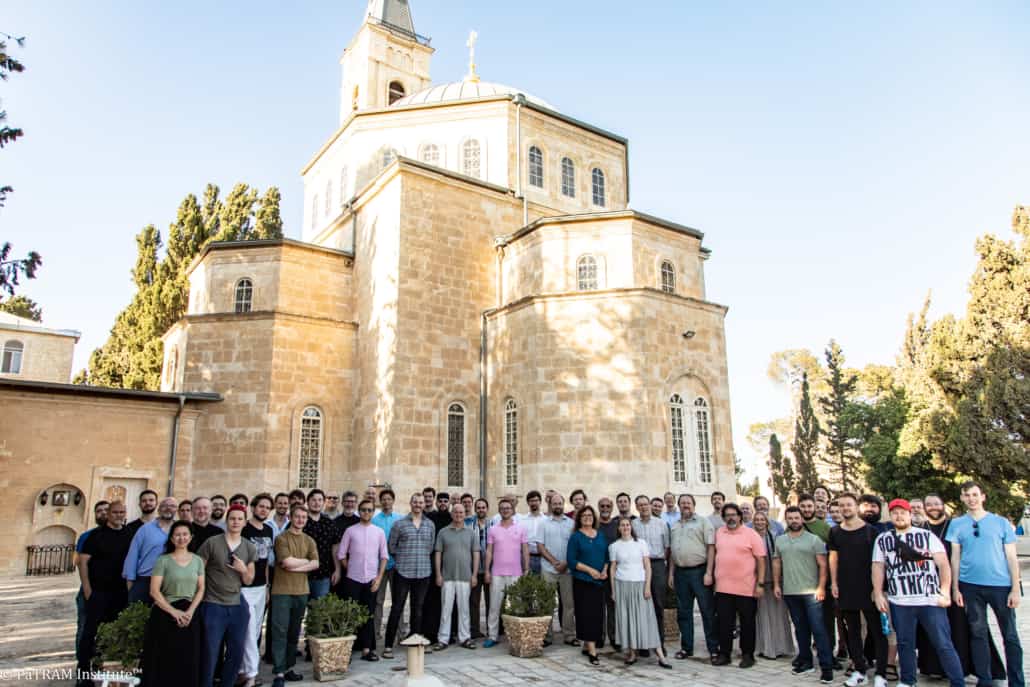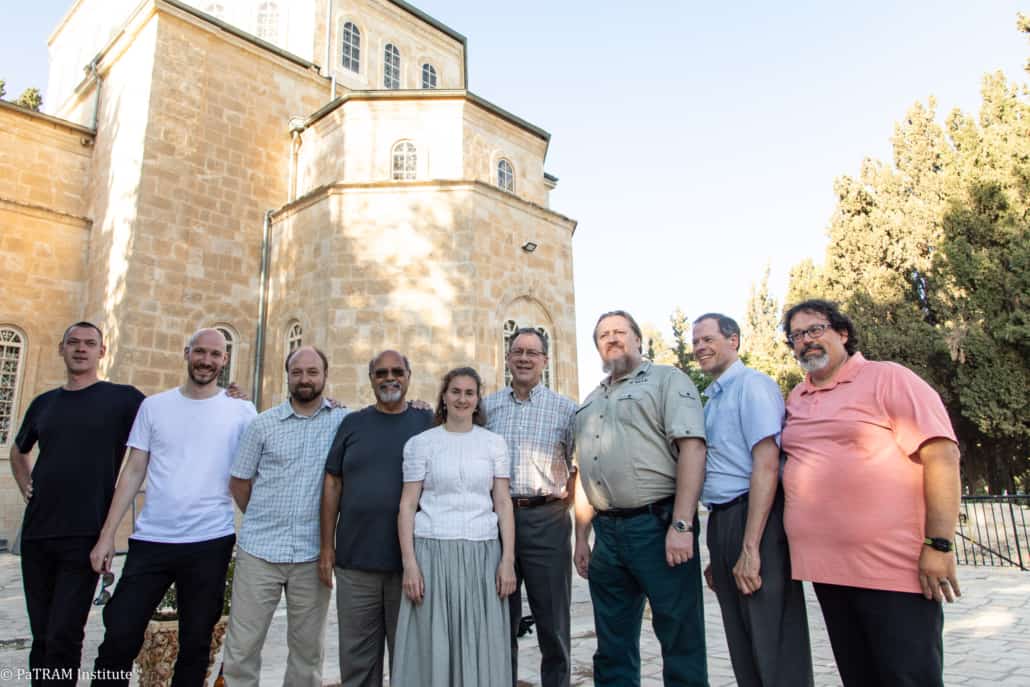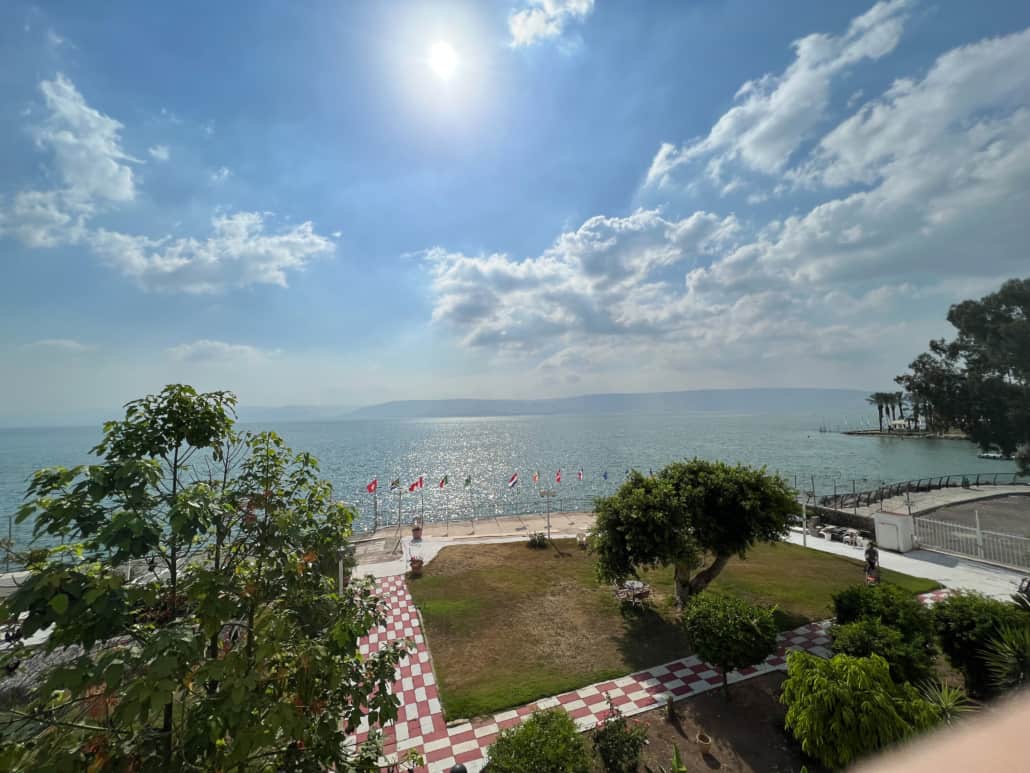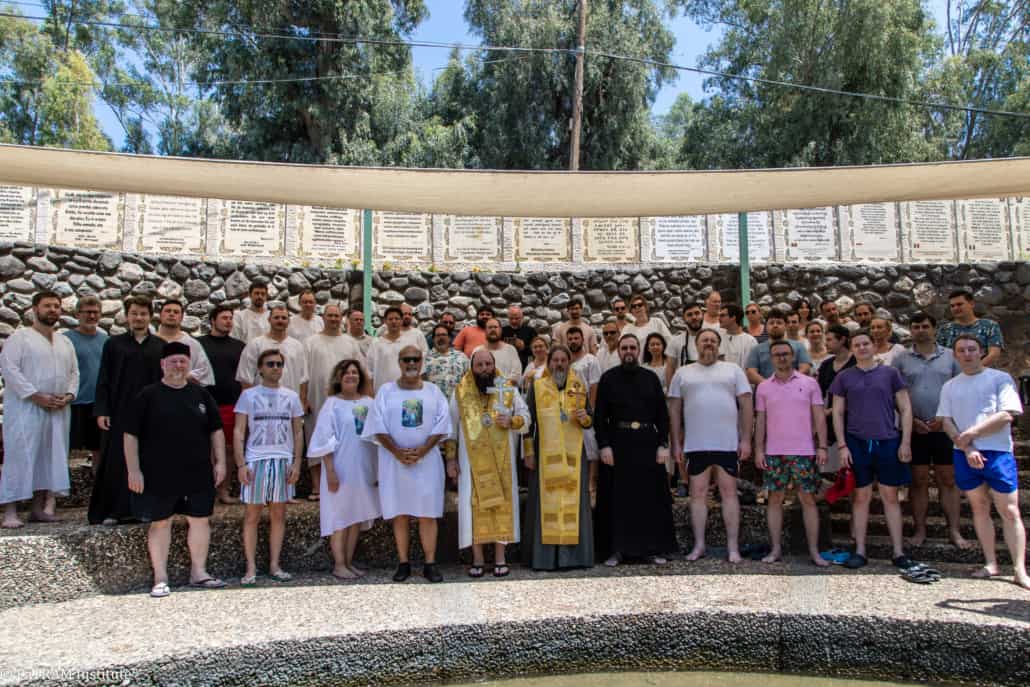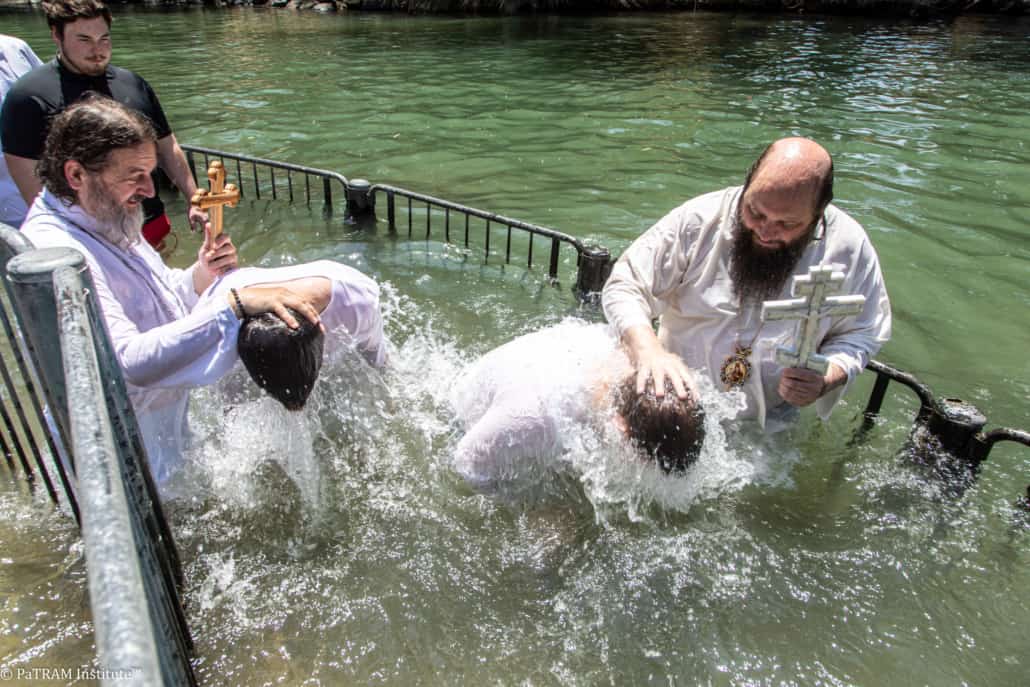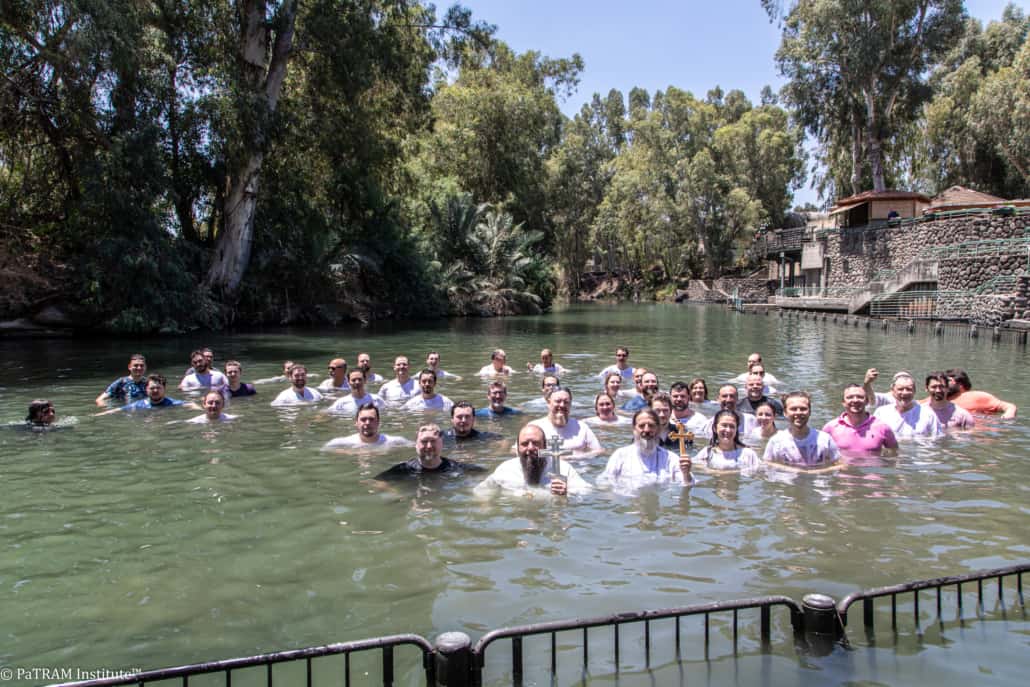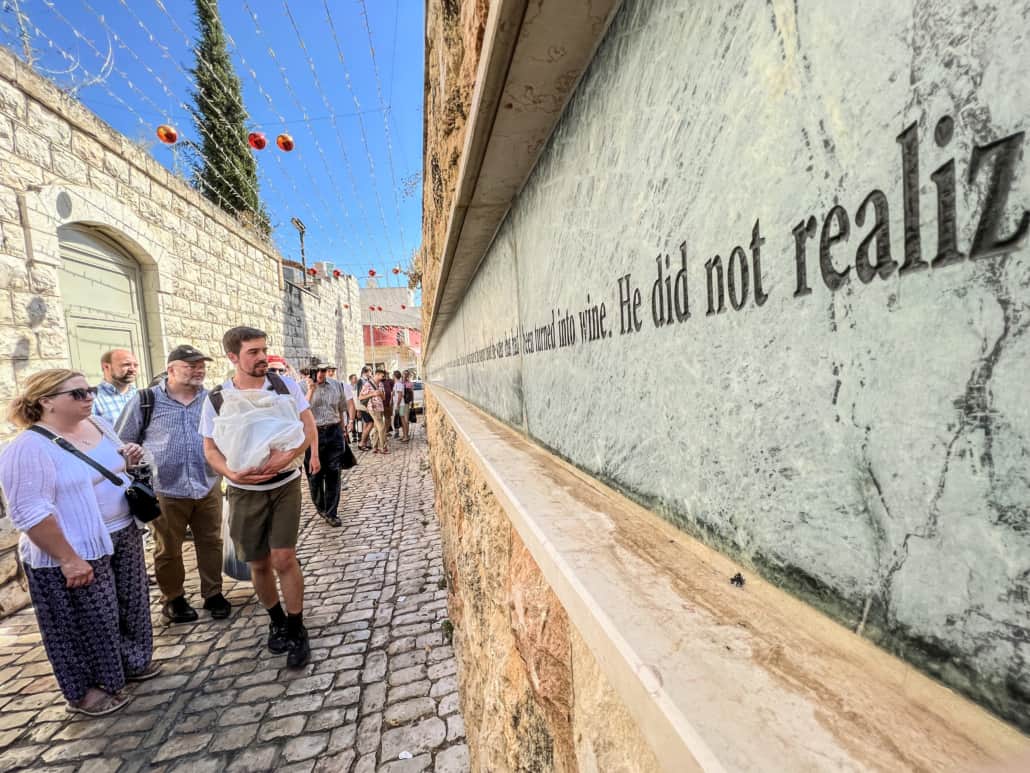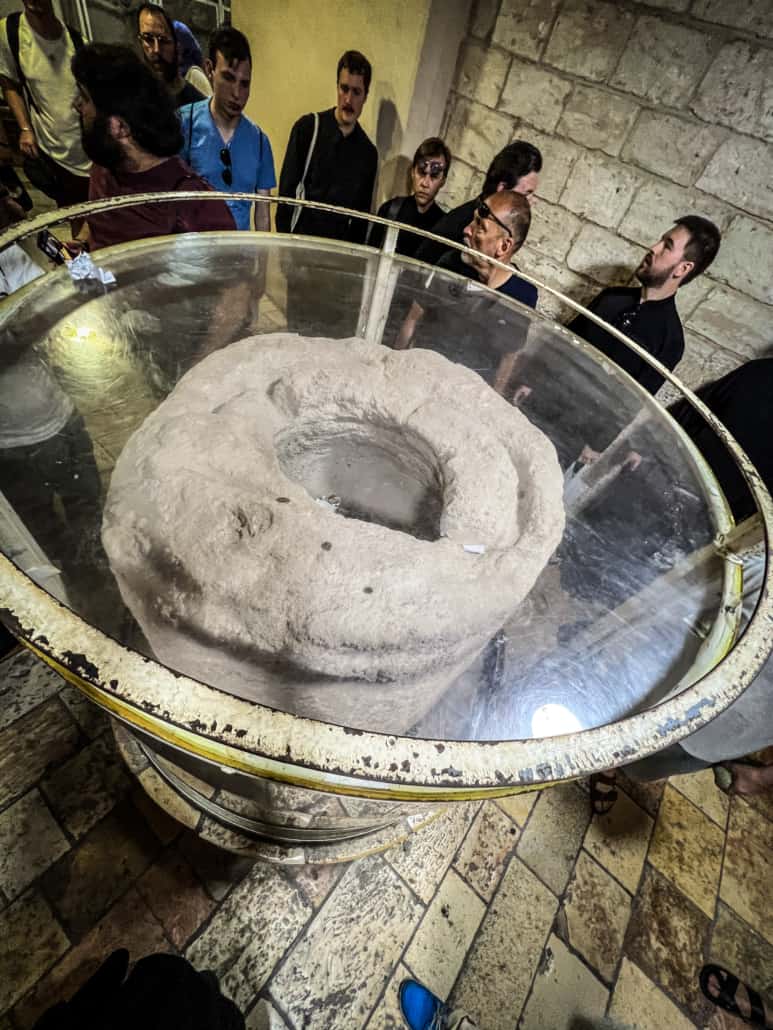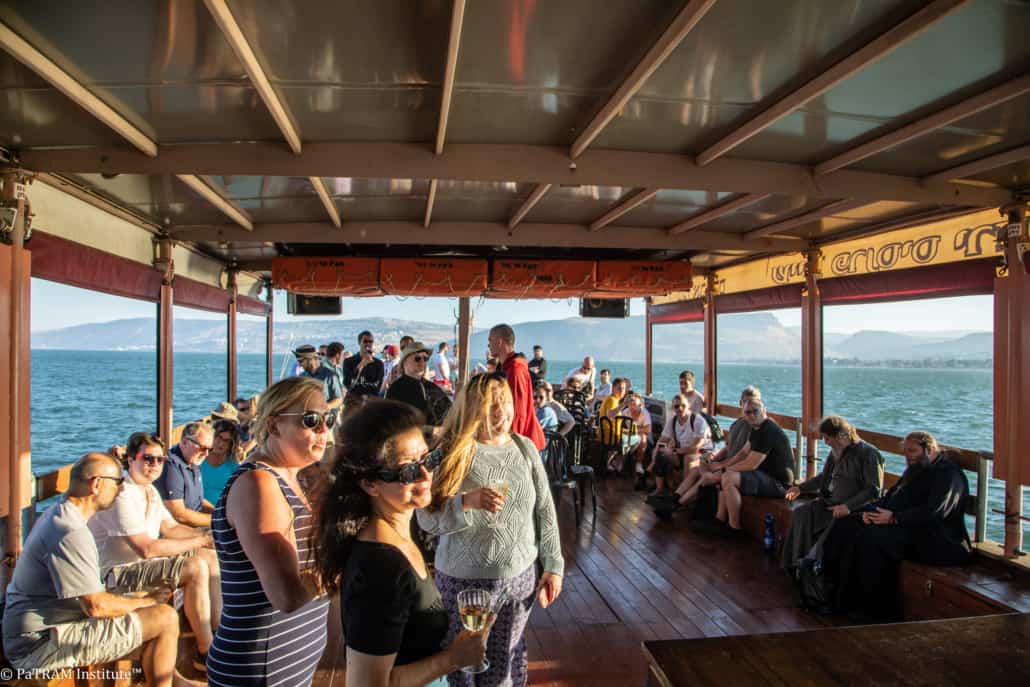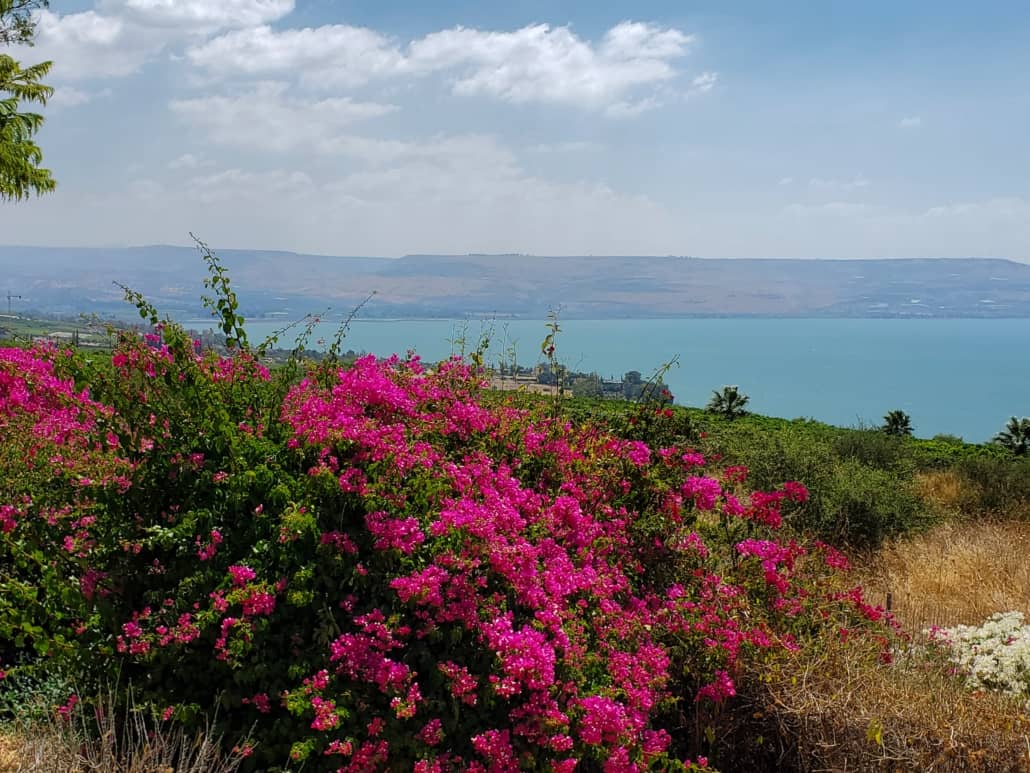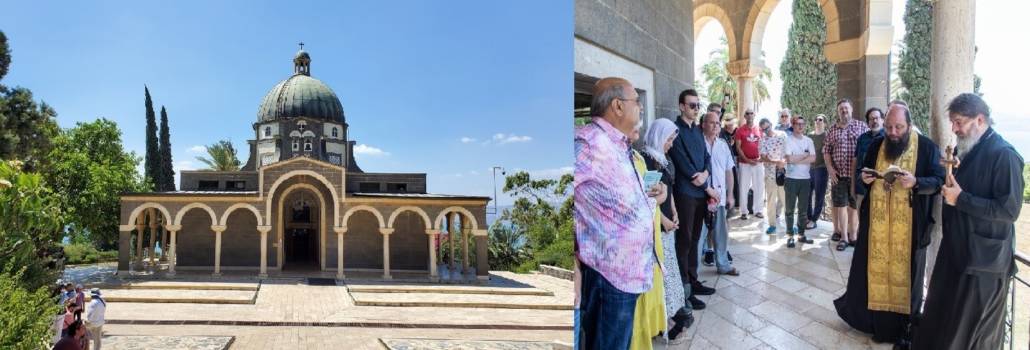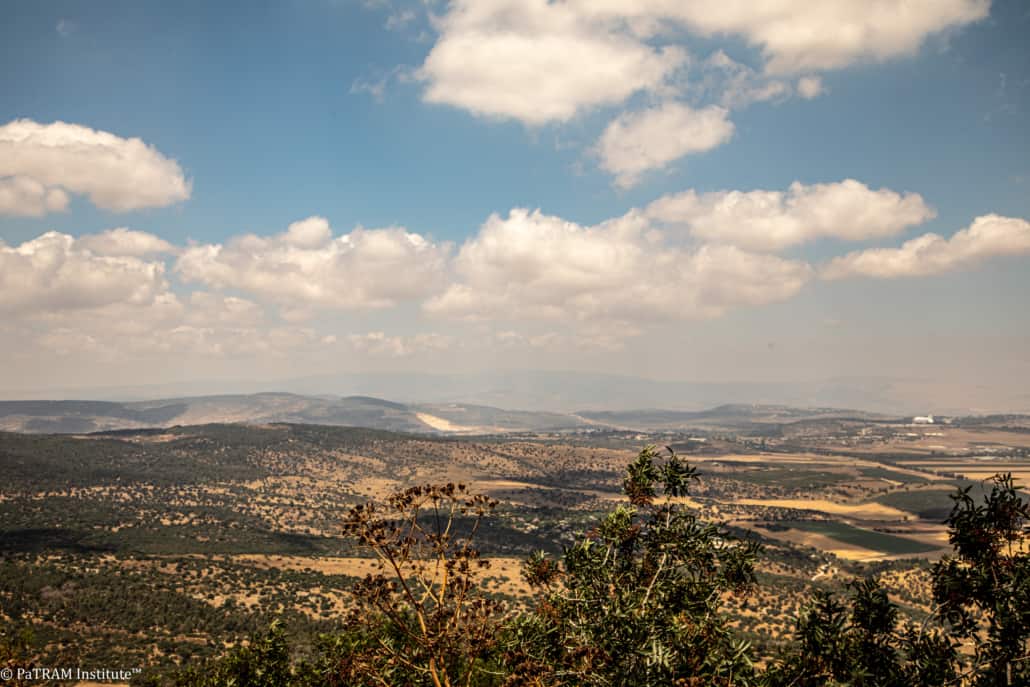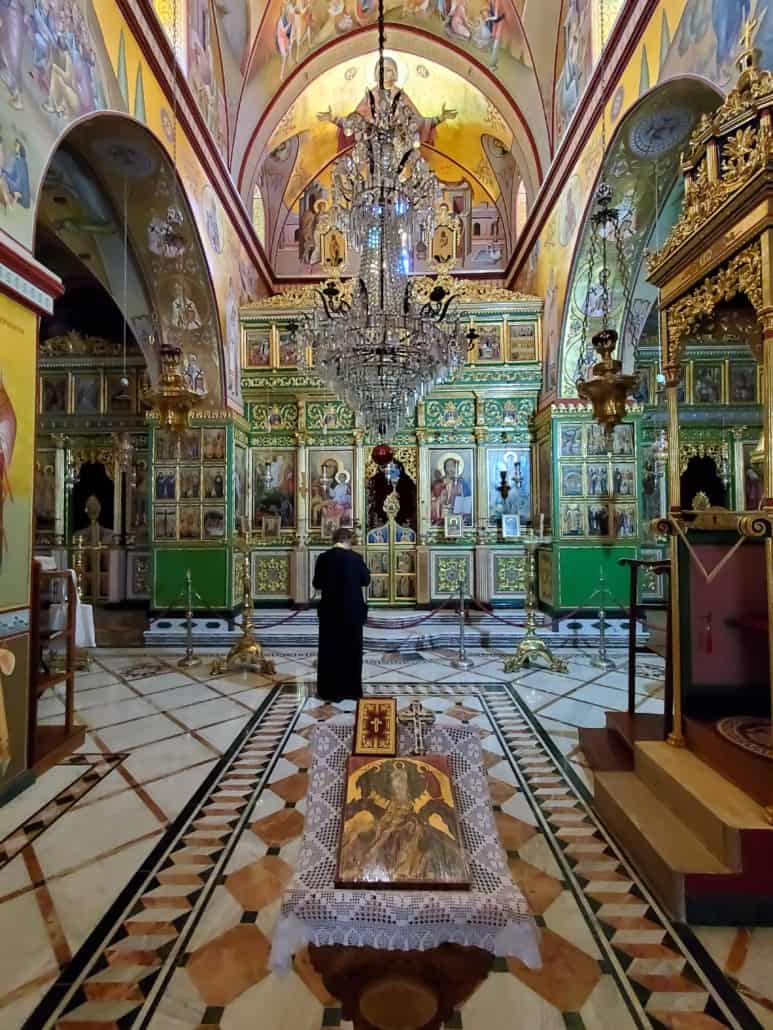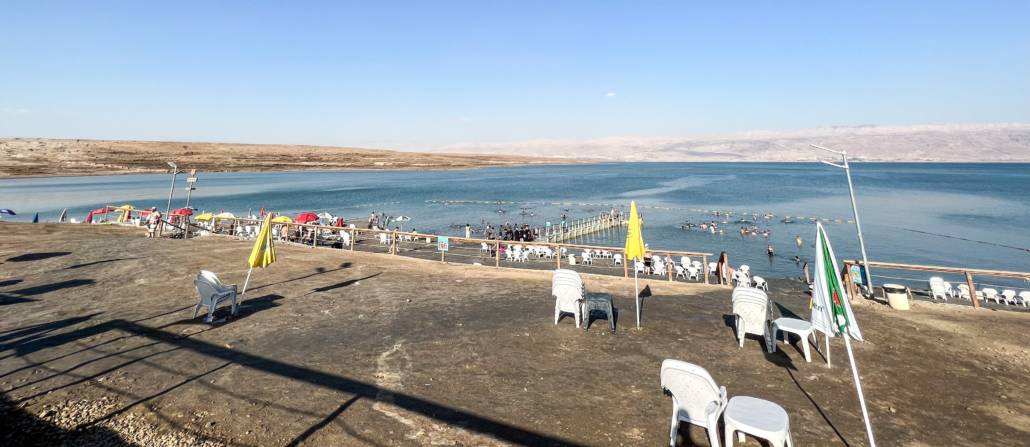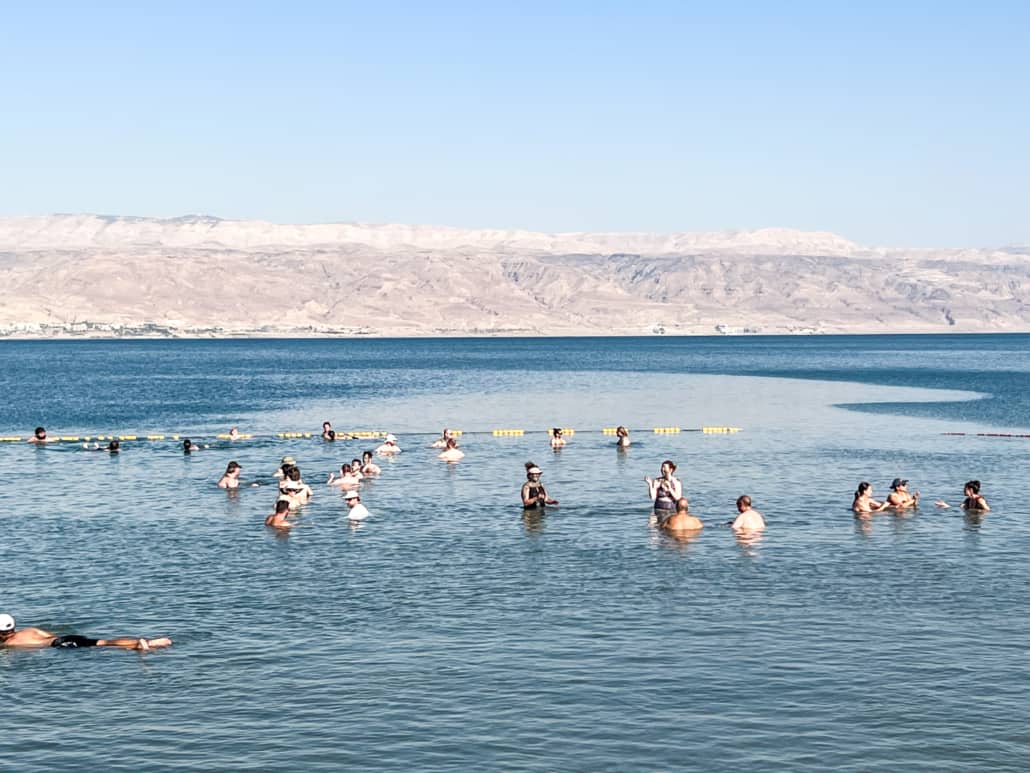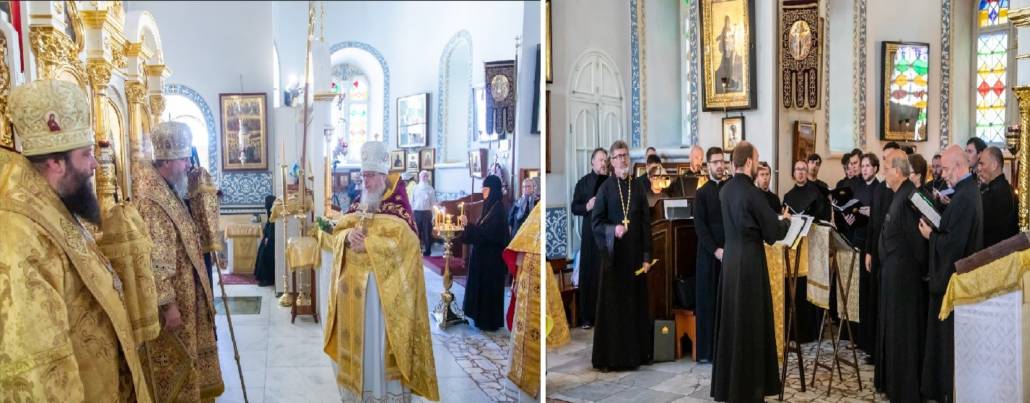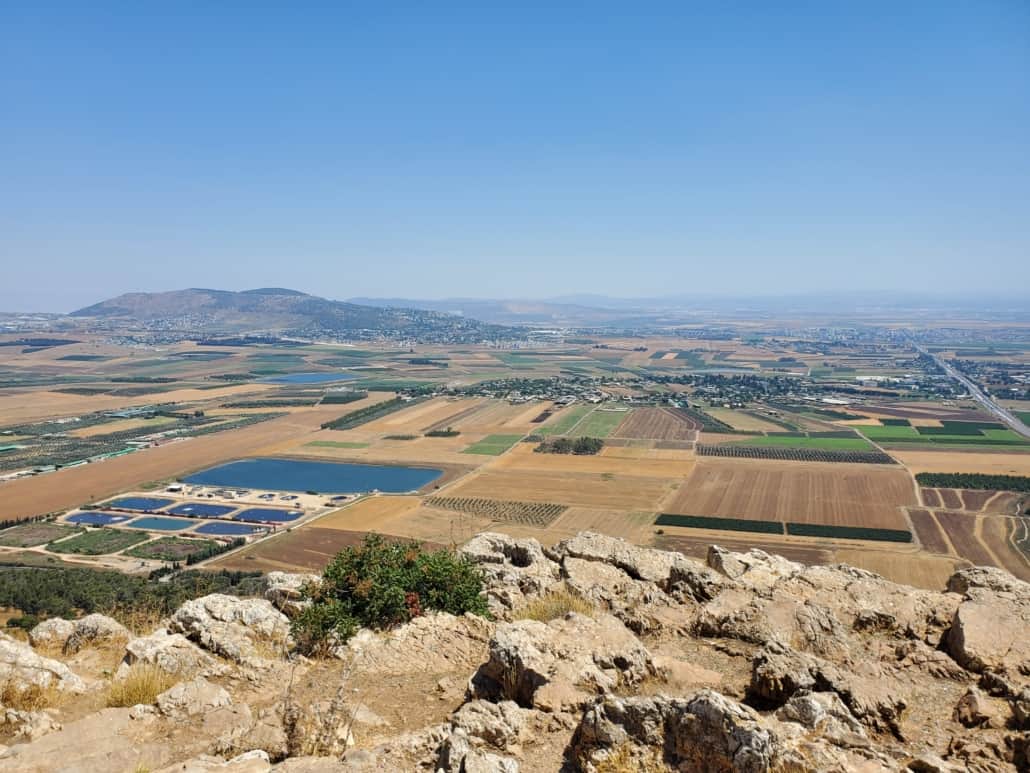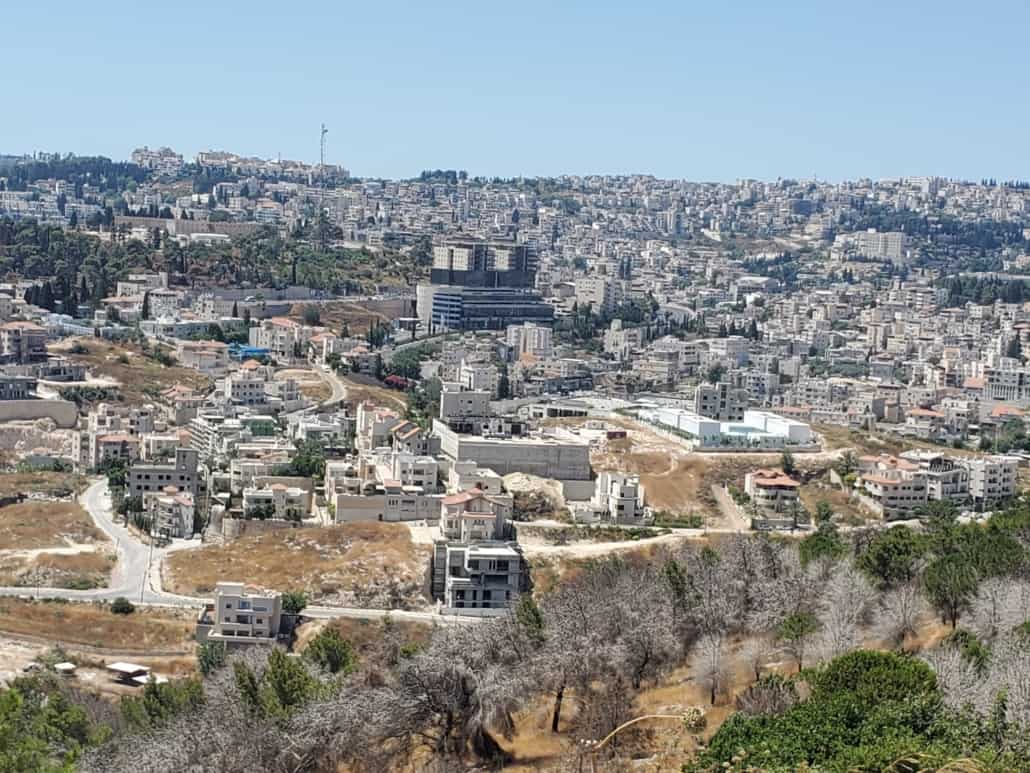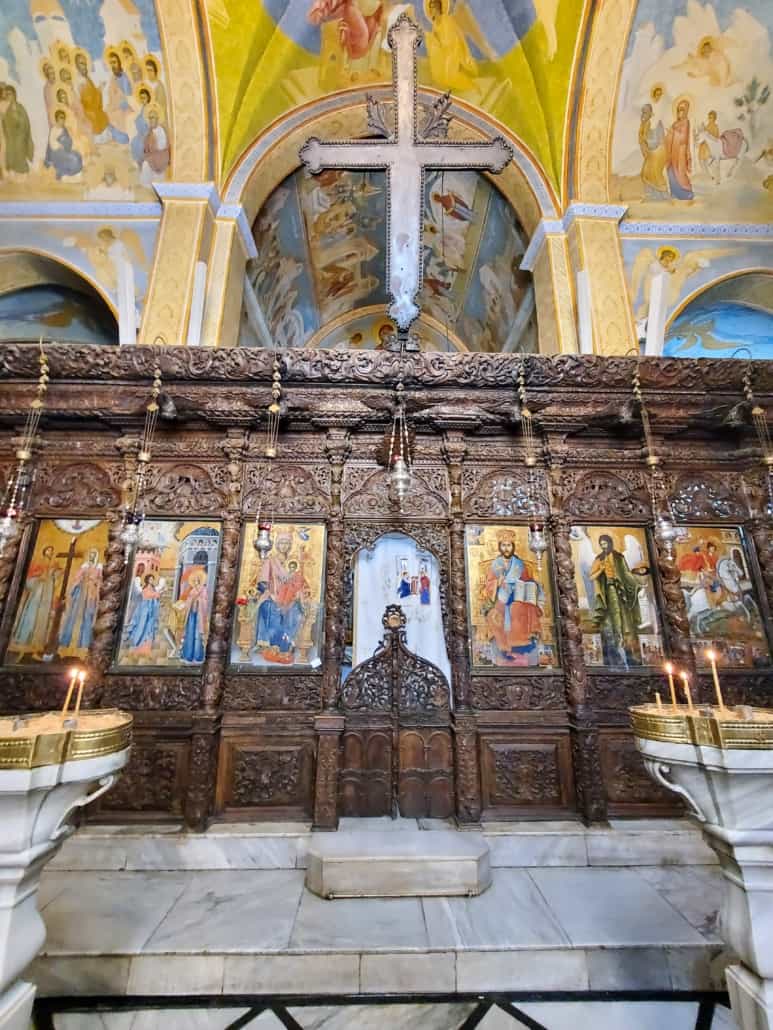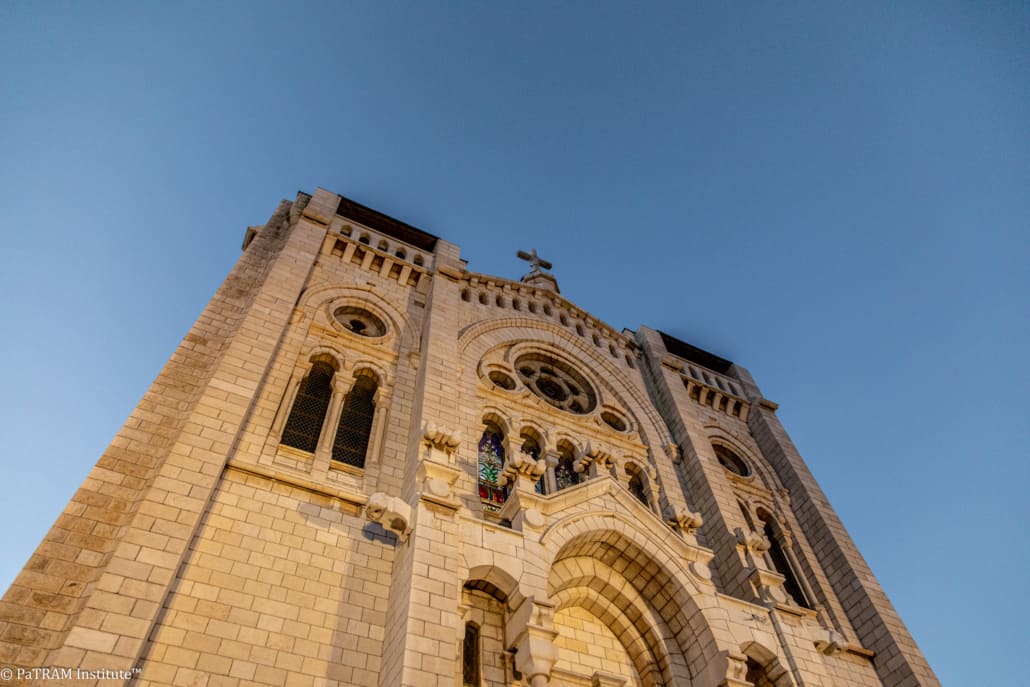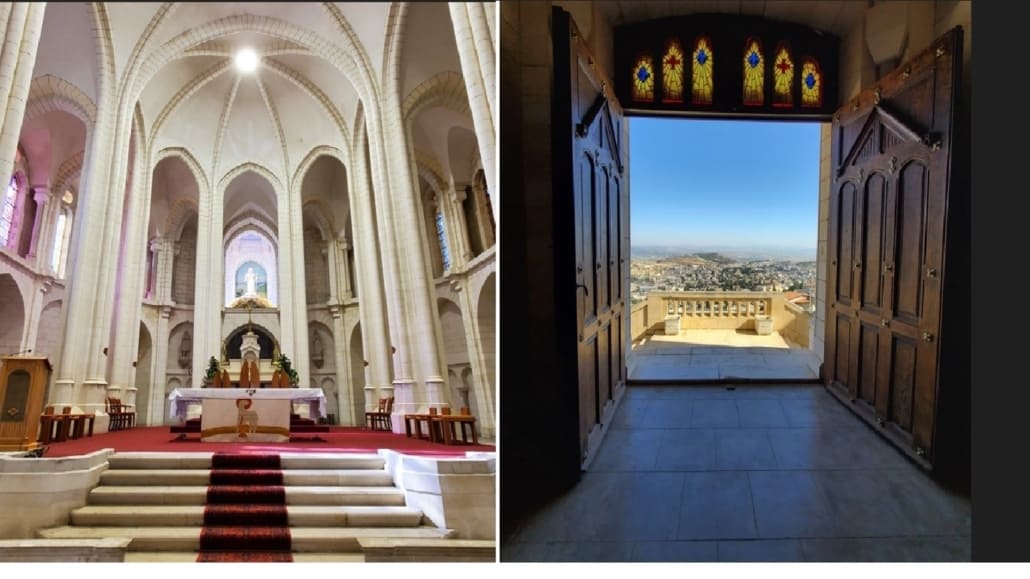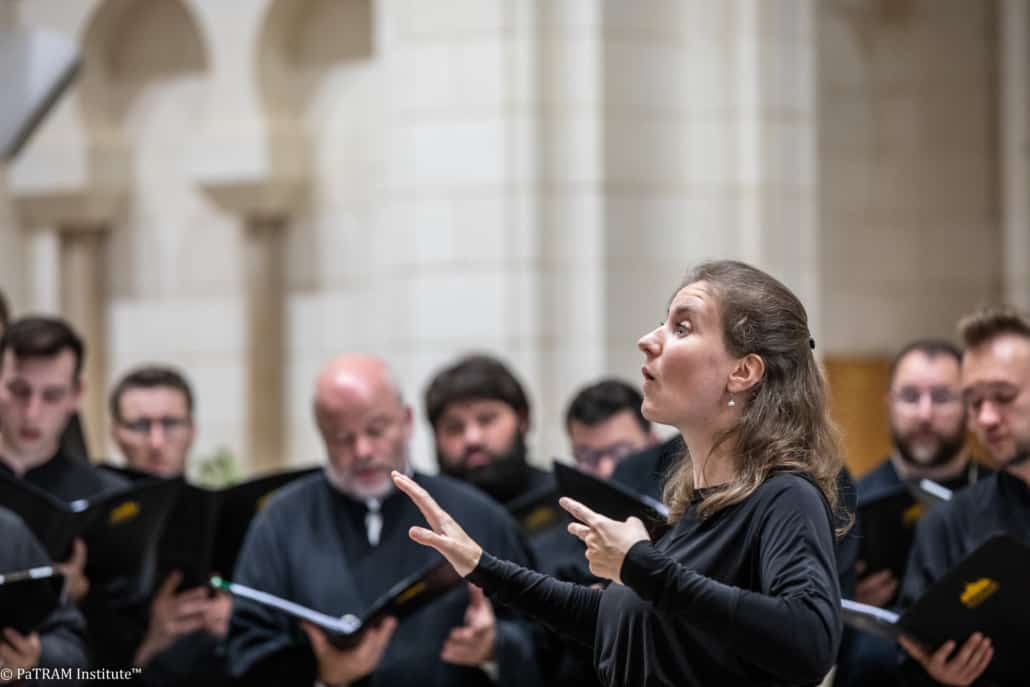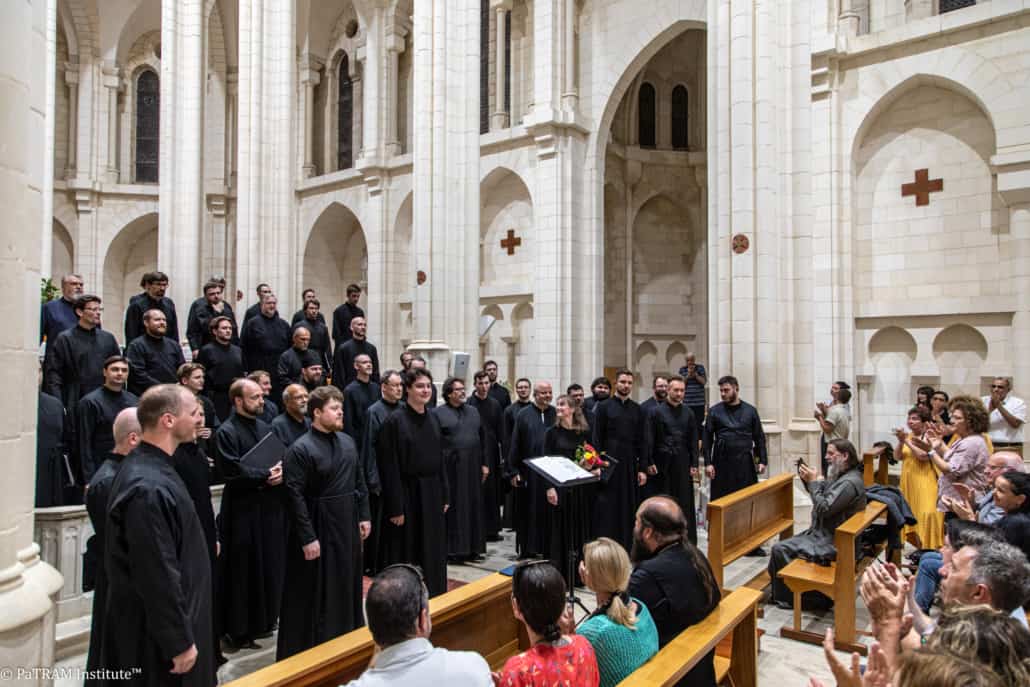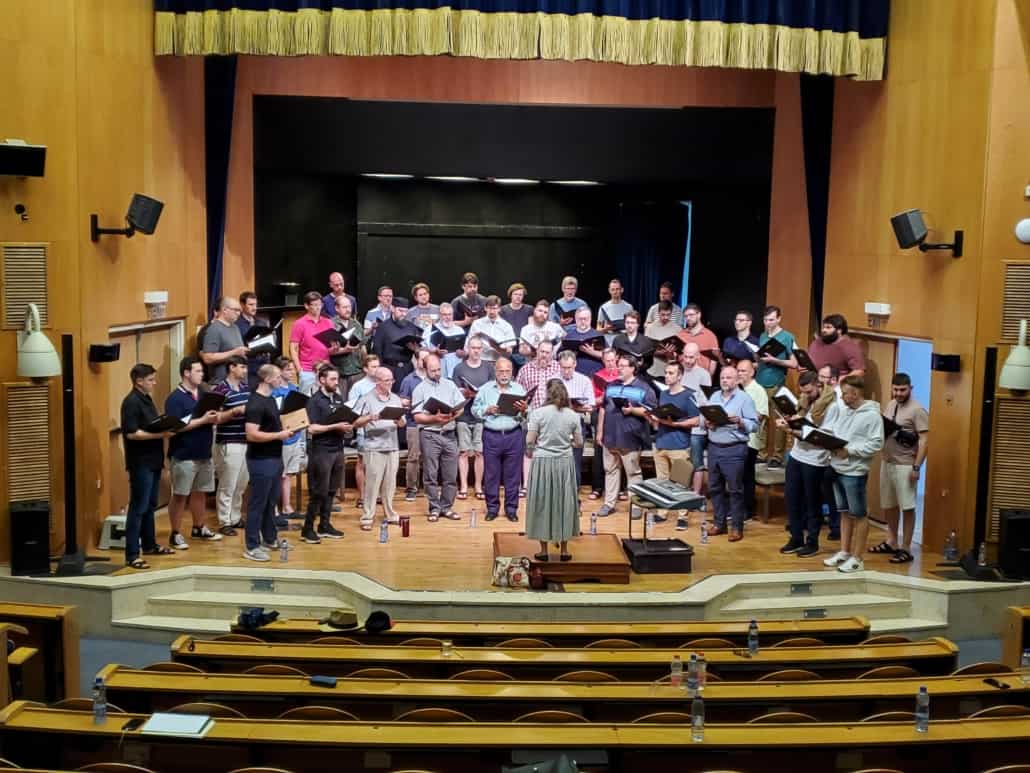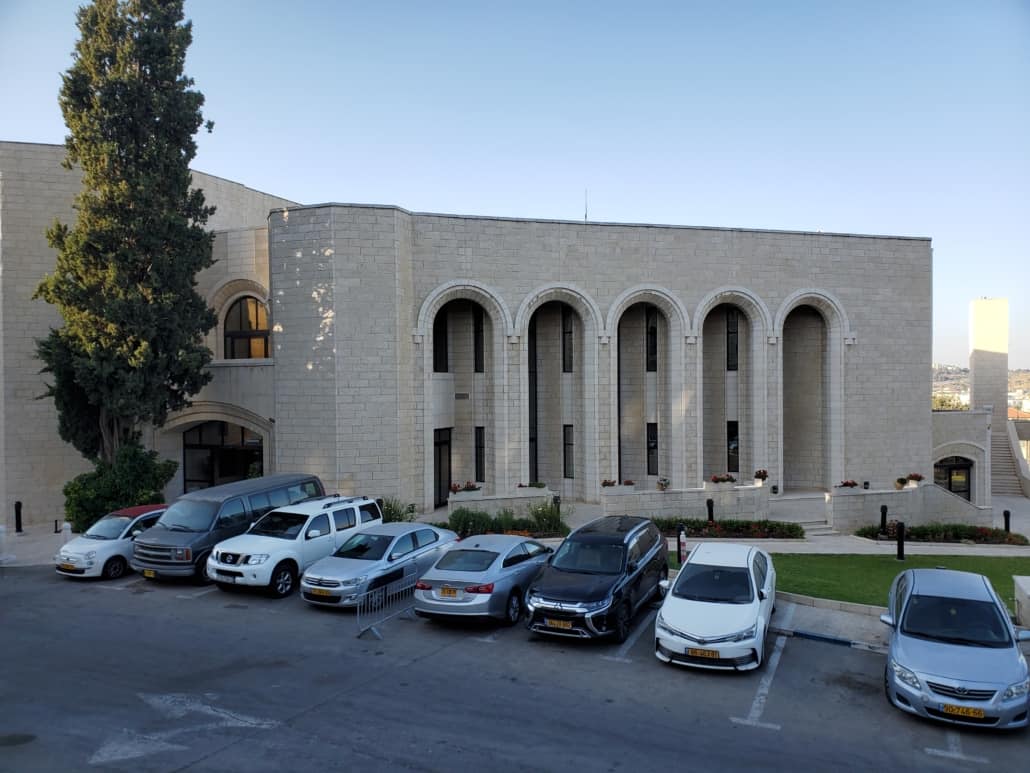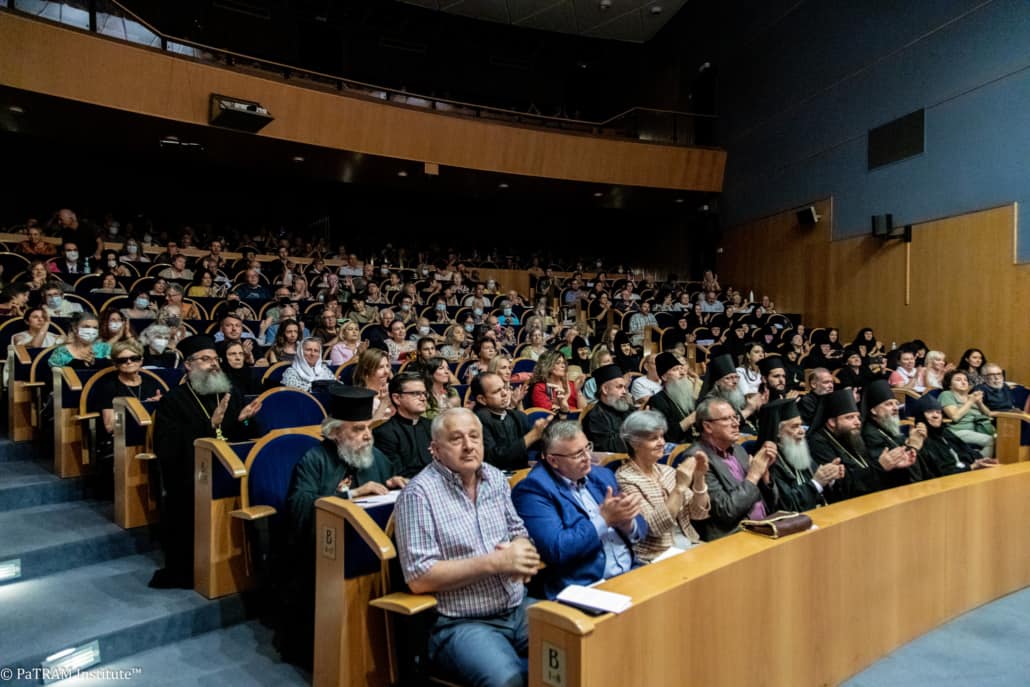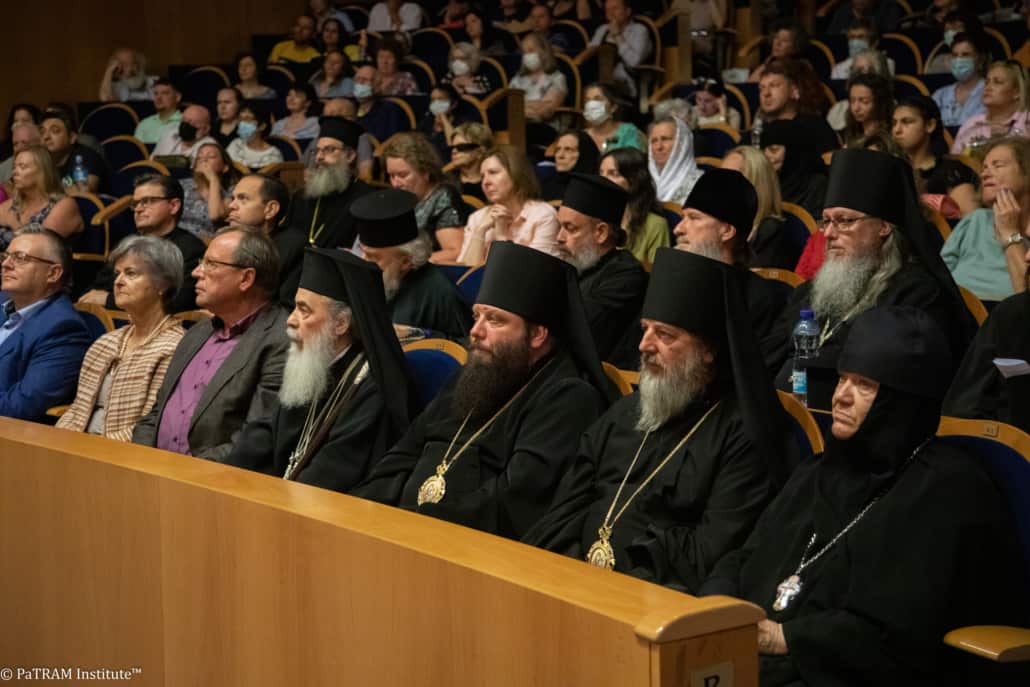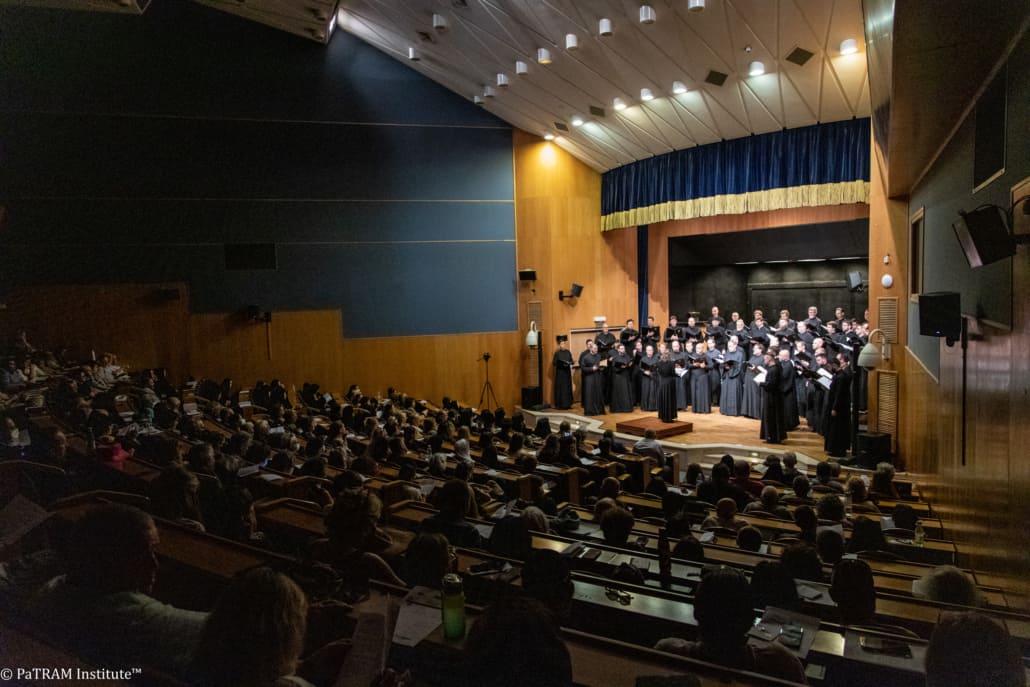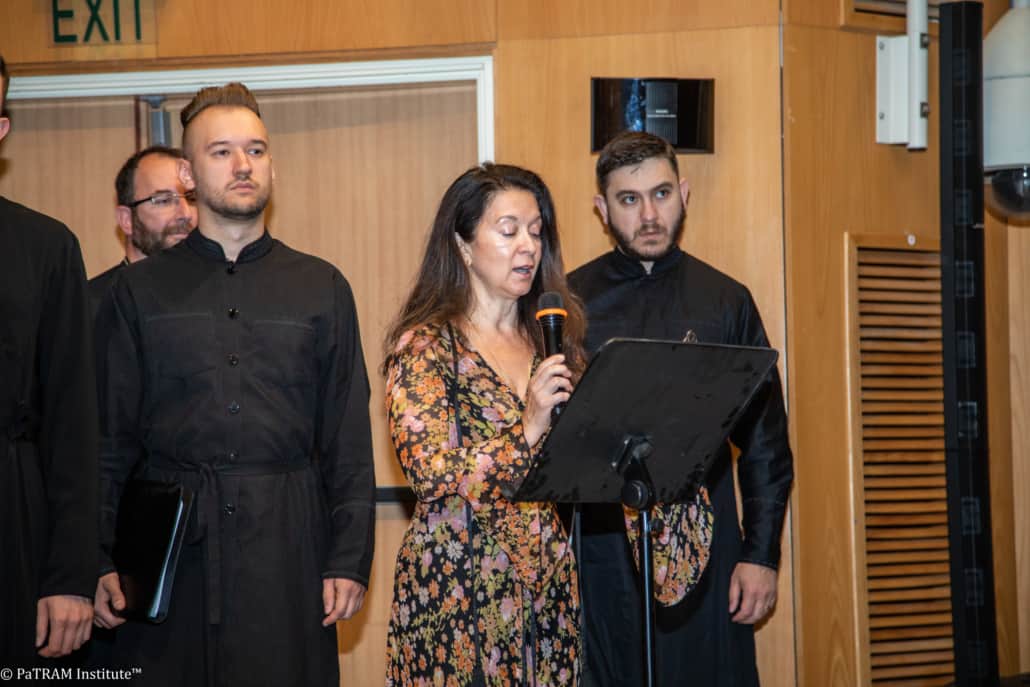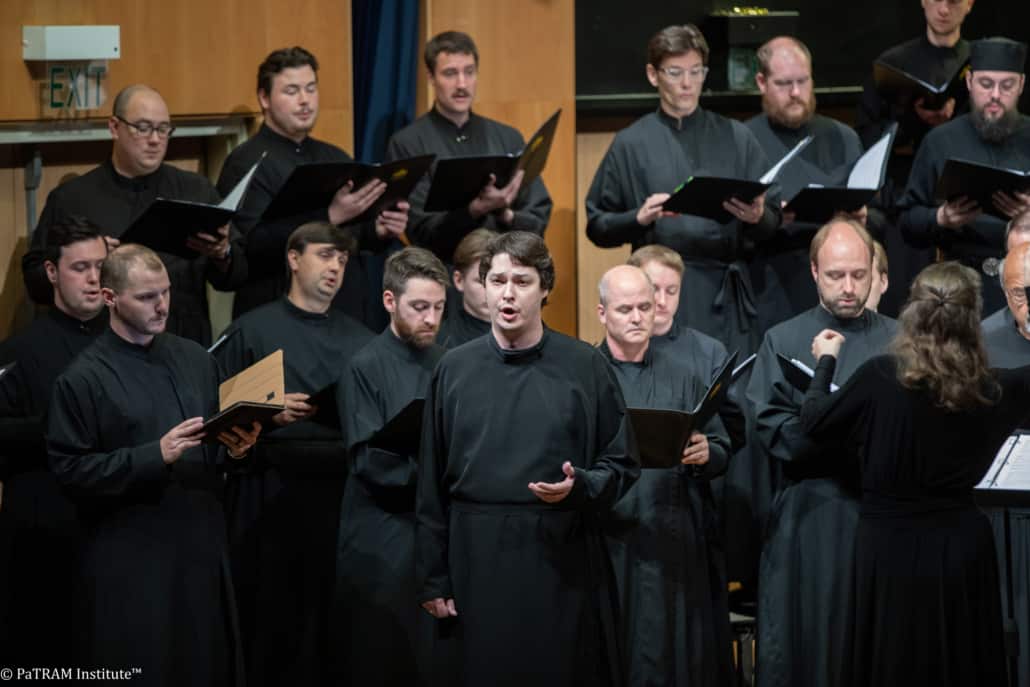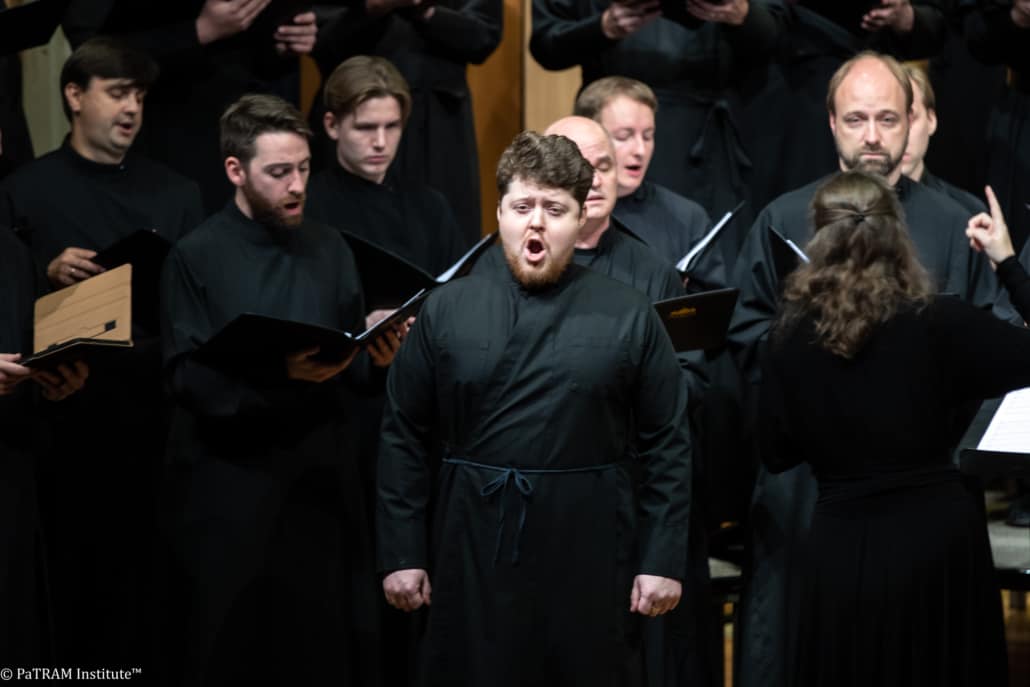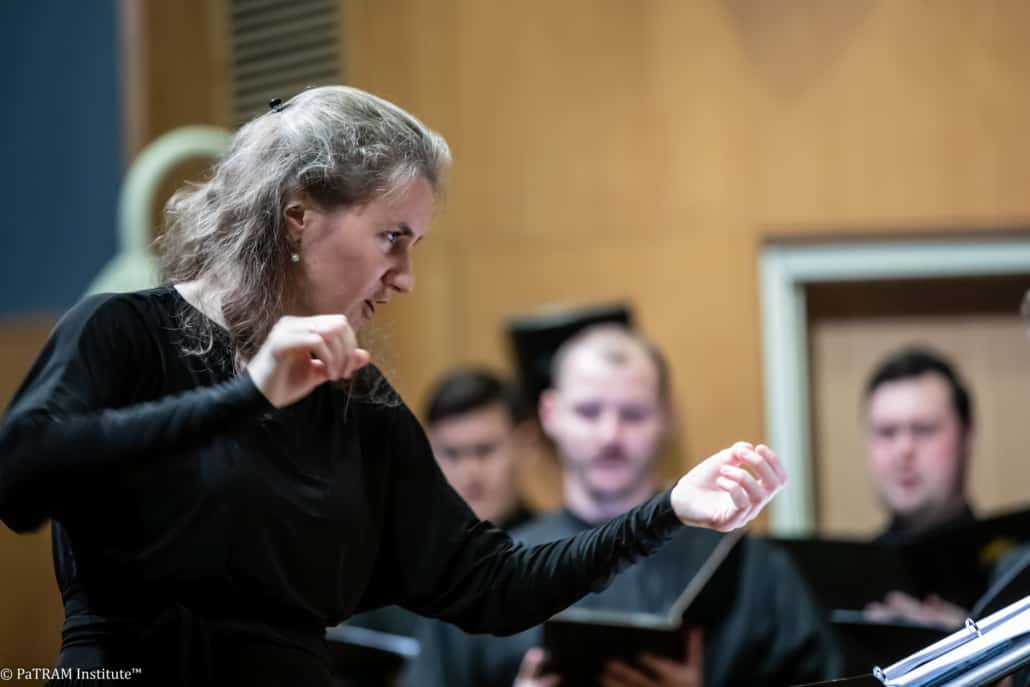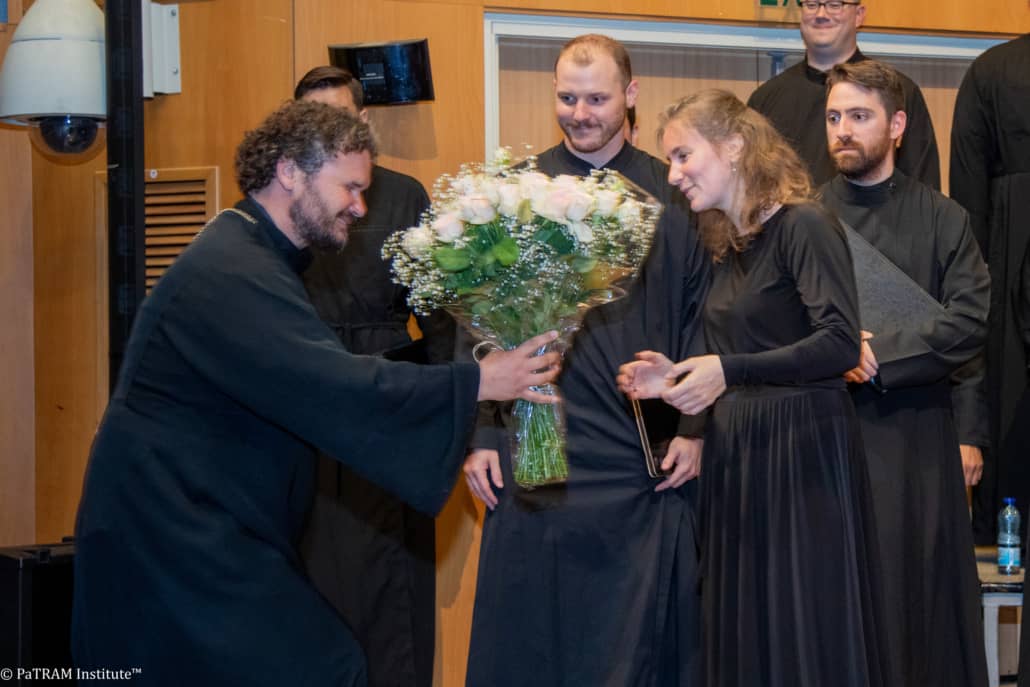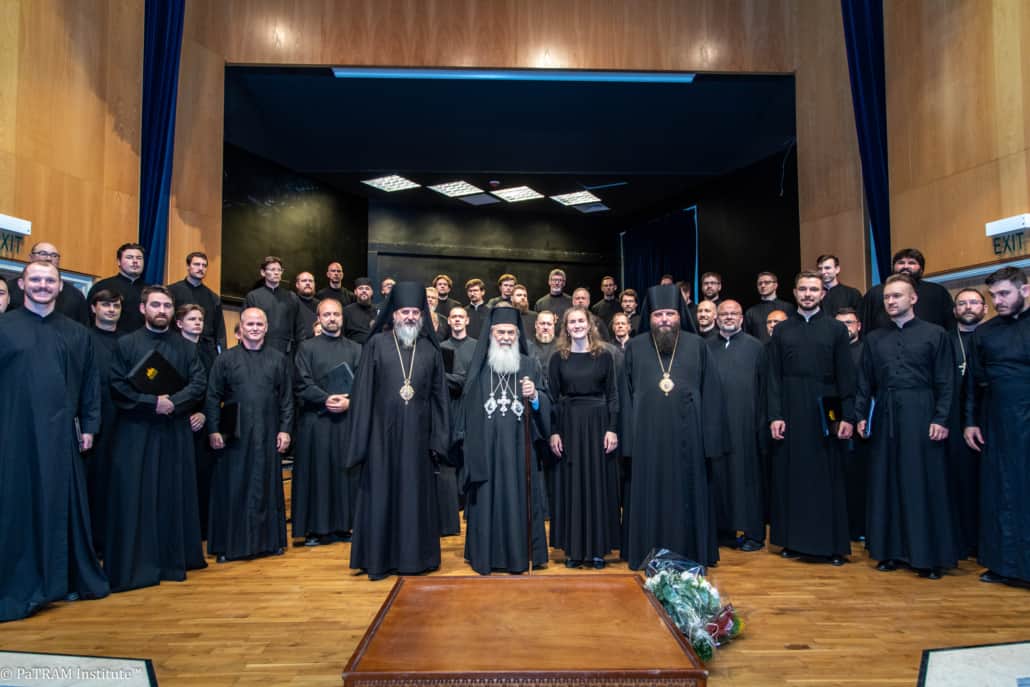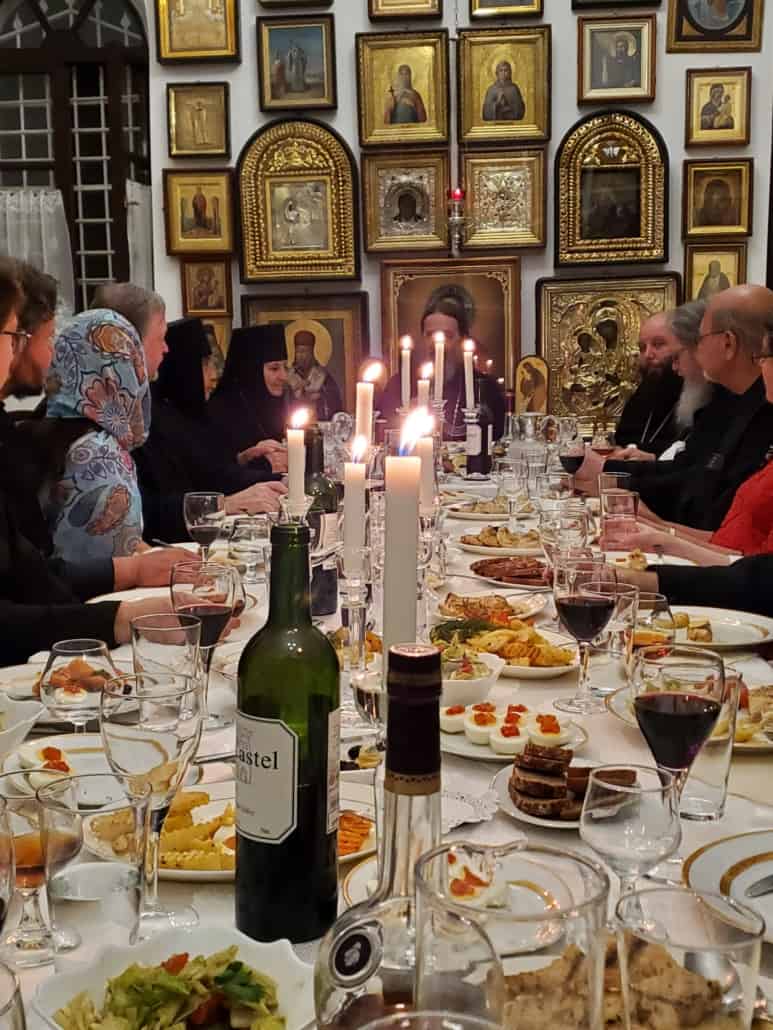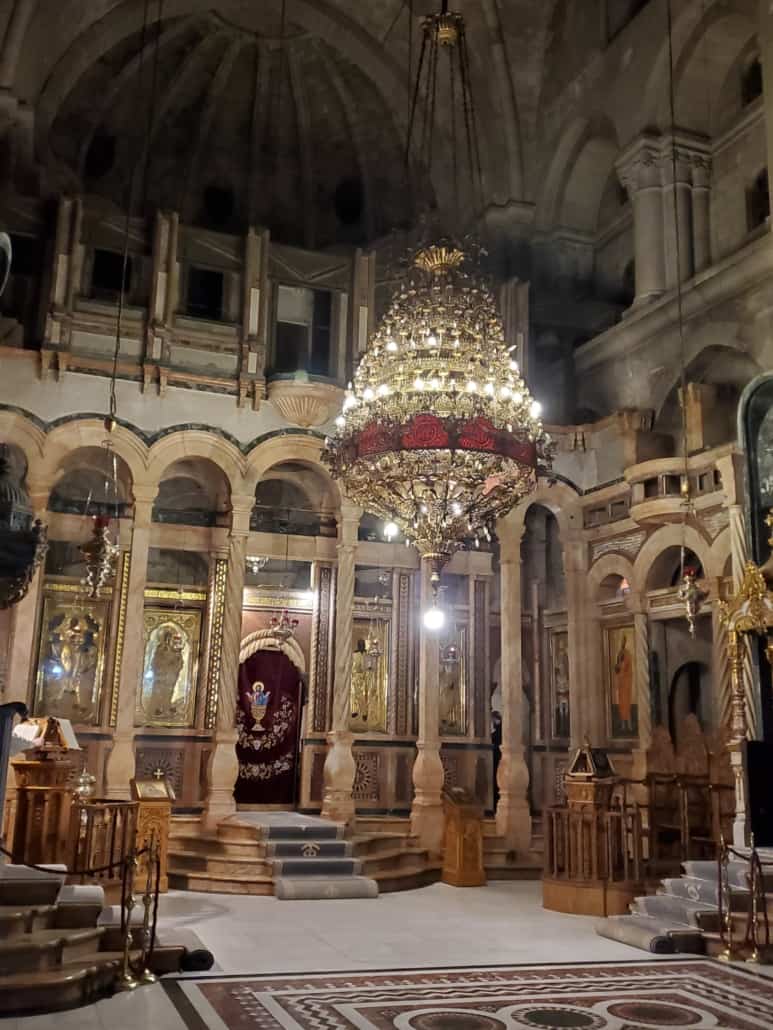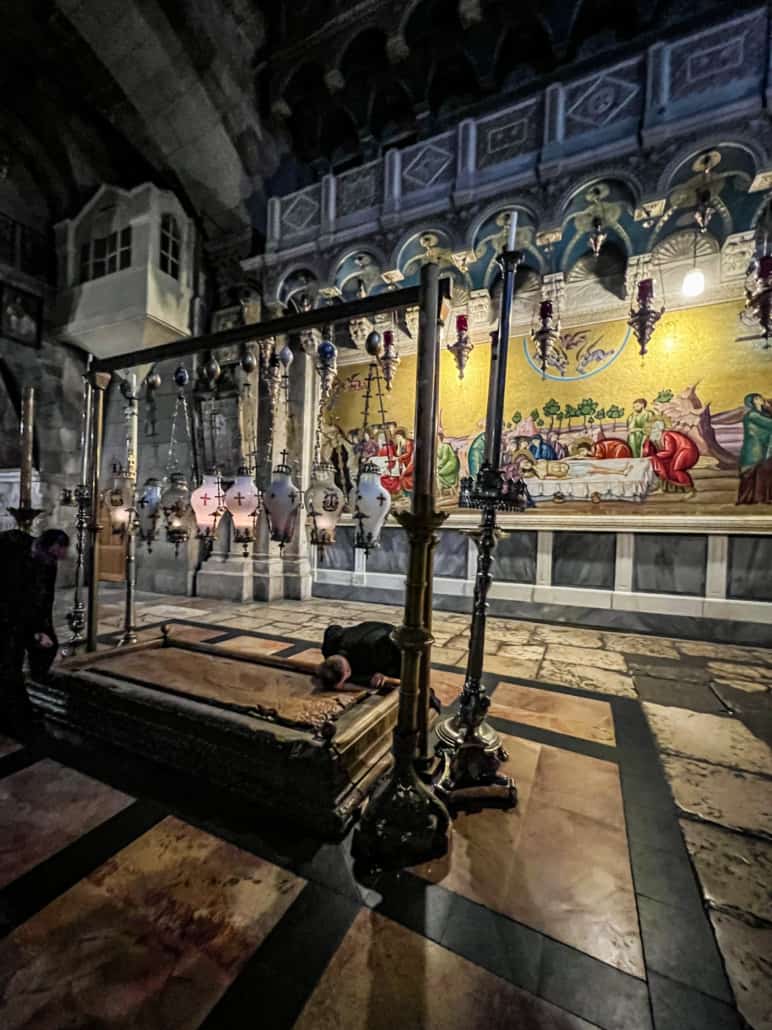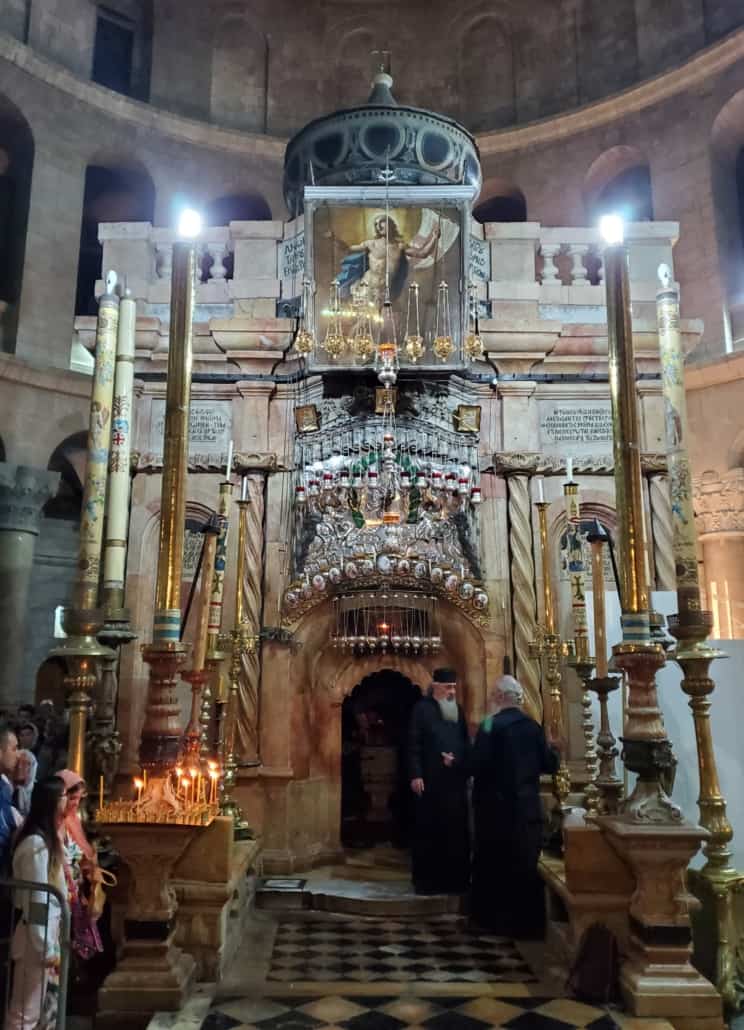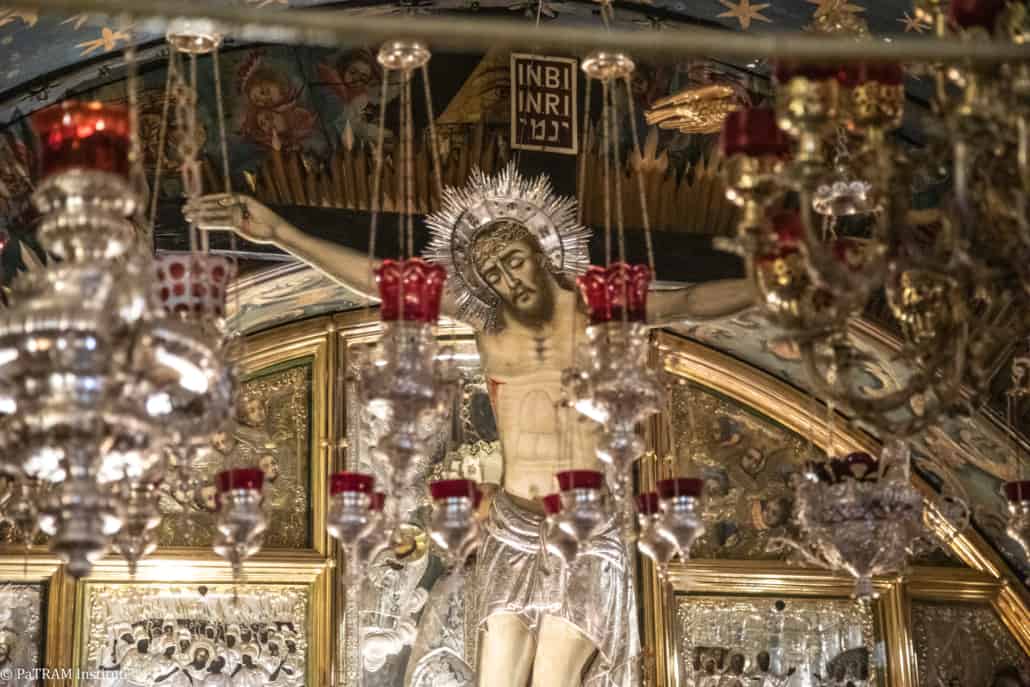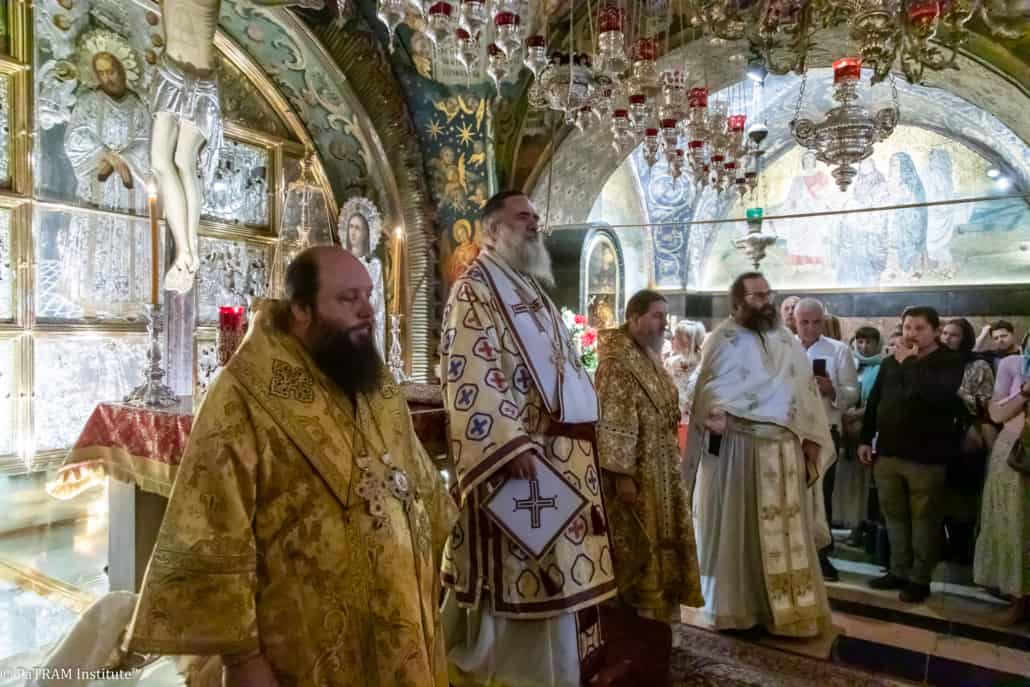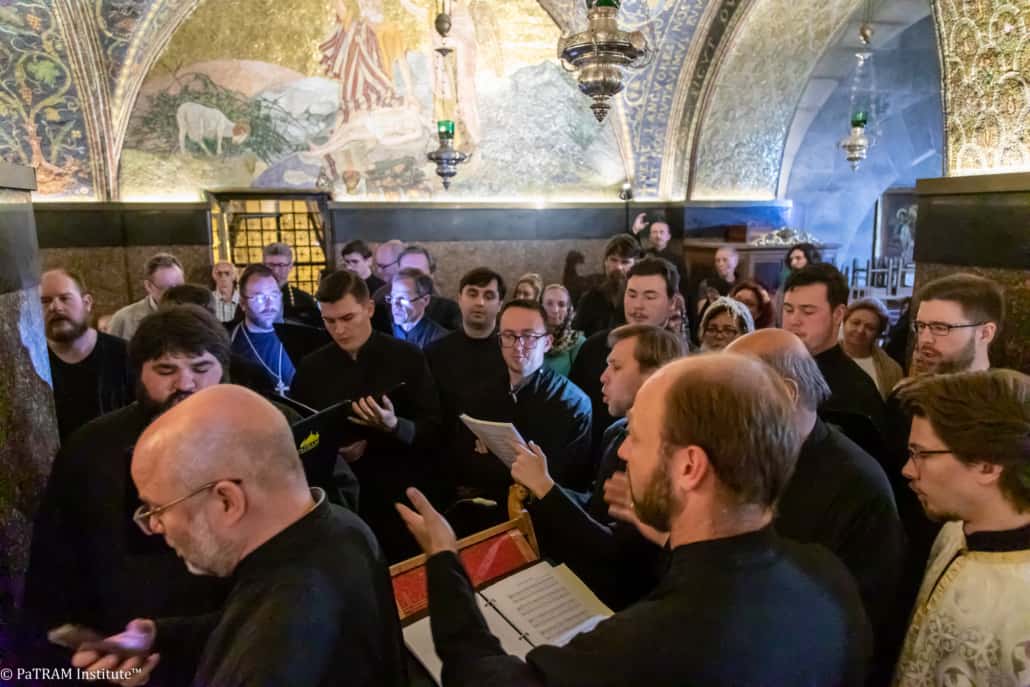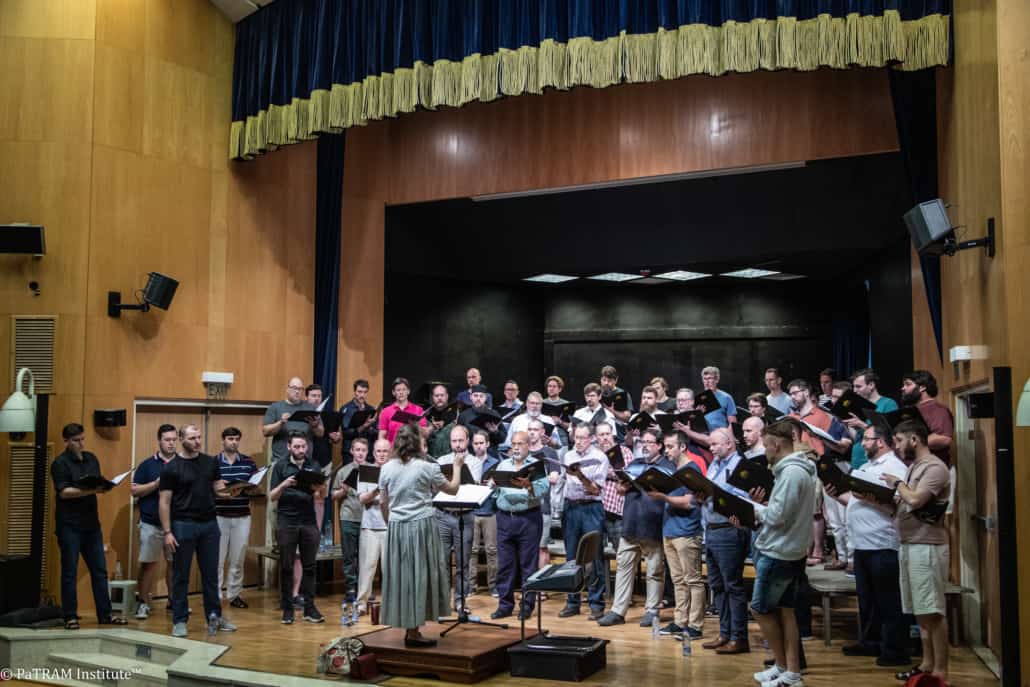We hope you, our subscribers and visitors, enjoyed the ongoing diary of the events that made up PaTRAM Institute’s Rachmaninoff CD Recording and Pilgrimage in the Holy Land which included singing 4 liturgies (in various churches) and two live concerts. We at PaTRAM™ certainly enjoyed bringing them to you. It was truly a unique spiritual journey.
As such, we felt that this adventure deserved an Epilogue, e.g. a closing chapter that brings to light the work it took to make this happen, the successful efforts of all involved to make it happen and some testimonials from our singers about the experience.
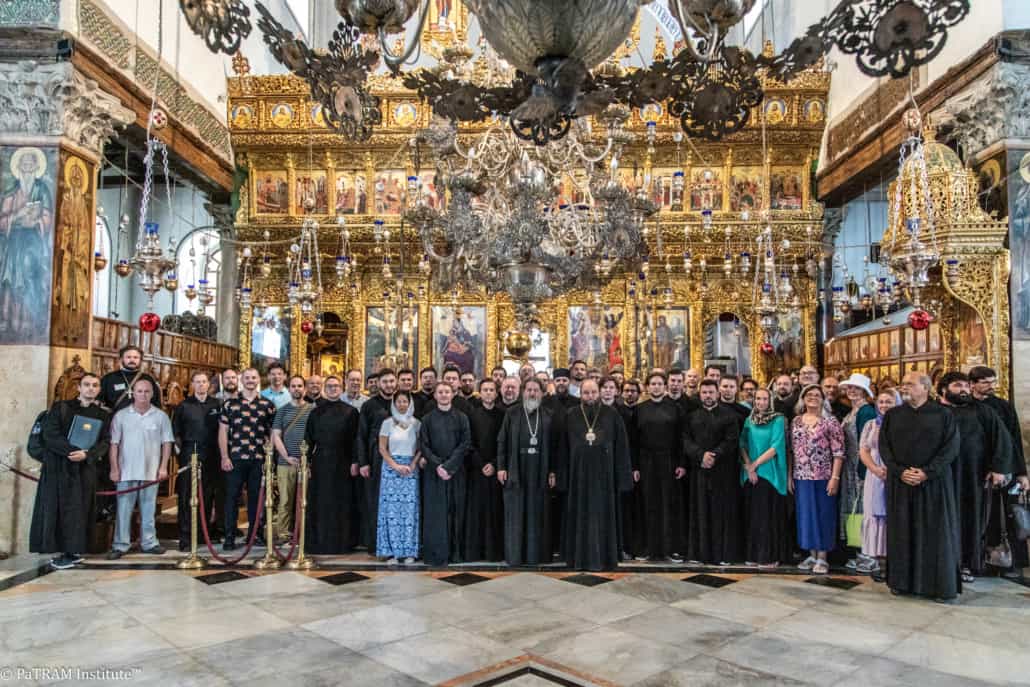
This project was 2+ years in the making. After multiple venue changes, due mostly to COVID and the uncertainties it wreaked on PaTRAM’s plans. Russia, US, Serbia and Ukraine were all considered for this project with Serbia going ALMOST all the way to execution. All fell to the COVID pandemic. One of those victims was our own Chairman, Alexis Lukianov, who waged a difficult battle with COVID and came very close to losing his life. He credits his survival to God, his doctors and the prayers of all his friends and supporters.
However, PaTRAM senior management were undaunted, particularly our aforementioned Chairman, Alex Lukianov, who was focused on making this happen. When our CEO, Tatiana Geringer (a multiple-time visitor to the Holy Land, both as tour leader and pilgrim), suggested the Holy Land as our venue everything seemed to fall into place after that. Though not without multiple “speed bumps”. Rachmaninoff’s “All-Night Vigil” performed and recorded in the cradle of Orthodox and global Christianity? Of course! How appropriate.
Still, many, many logistical issues lay in front of the planning team. Between on-the-ground efforts and singer recruitment, dodging COVID, dealing with rising costs, the effort was immense in nature. But with God’s grace and rabid determination, their efforts paid off and the project went forward with bumps and bruises but overall as a major success.
In the end, though, no matter how much effort we put into making this happen, we found great satisfaction in the testimonials of our singers. We can’t state it any more clearly, it was THEIR efforts that made this happen, as well as, the steady hand of our conductor, Ekaterina Antonenko. This group was our winning combination. So, we’d like to close the “diary” we’ve been keeping for this event with the comments from our the aforementioned group and we thank them with all our hearts!
Robert Isaacs, Counter-tenor: “This is Robert writing, the shorter bald countertenor. What a joy to make music and explore Israel with all of you these past two weeks! It was especially meaningful to me after not singing for several years.
I look forward to hearing the CD, and hope we’ll get more chances to sing together. I am not on social media, but can be reached via this email — if anyone passes through upstate New York, look me up and we’ll share tour memories!”
Chris Mallory, Oktavist: “As I sit safely at home… I’ve taken the time to reflect on our most memorable sojourn in the Holy Land together.
I’m reminded of a past reflection from my last visit there in the spring of 2015, which still rings true to me today: We came to the Holy Land of Moses and Jesus with open hearts and inquiring minds. We saw the Scripture come to life before our eyes through the ancient stone and the living rock. We learned about the Fifth Gospel – our individual experience of the Holy Land – to help us follow a path of renewal, wonder and peace.
My sincere, heartfelt thanks for your invitation to take part in this journey with you and the PaTRAM Male Choir, for your trust in my ability to achieve PaTRAM’s objectives and for your generous support of me during this wonderful project.
Blessings and best wishes to you all.”
Glenn Miller, Oktavist: “This all is far more than a concert and recording tour. Words fail to describe or
articulate the life changing spiritual dimension of all of this, especially the liturgies, being in the holiest places of the faith, of entering into and brushing up against the deepest traditions and dimensions of the faith that are polar opposites of the total consumerism and egoism which defines the church in western culture.
This whole project has been years in the making, but it was not to come to fruition until now here in the Holy Land, after earlier efforts did not come to fruition, especially the pandemic which nearly took the life of the person who is the driving force and primary patron of the entire endeavor. It was meant, by God’s grace and providence, to be here in the Holy Land with this conductor and in the year of the 150th anniversary of the birth of the composer with these people from across the globe.”
We could not close this chapter without thanking our TREMENDOUS Associate Executive Producers. Their support was invaluable. We’d also like to thank the supporters of our amateur singers. You’ve provided these up-and-coming singers with an amazing opportunity to show their skills. Last but not least, we’d like to thank ALL of our donors and supporters. You are part of the collective that makes these events happen and to get this music to the masses.
Thank you, also, to our on-the-ground logistics team, Father Roman Gultaev and his wife, Matushka Olga for their concerted efforts on the ground in Israel.
Thank you to our spiritual guides and supporting Hierarchs and clerics: His Grace Bishop Theodosy of Seattle, His Grace Bishop Nicholas of Manhattan and, especially, Archimandrite Father Roman Krassovsky for giving us the access to Eleon Monastery that was essential to the success of this project. God bless all of you!
Finally, our greatest thanks goes to the Lukianov Family Foundation without who’s support there’d be no PaTRAM Institute nor any of the great things we’ve been able to accomplish since our founding. God bless you!
Stay tuned for the release of the concert videos and final recording of Rachmaninoff’s All-Night Vigil.
